Feature Image Credit: @munireads
Losing a loved one is one of the most difficult parts of life. Coping with the loss can be challenging and causes many emotions to surface that one might not be typically used to. These books about grief open up honest discussions about loss and are of great help to those in the grieving process.
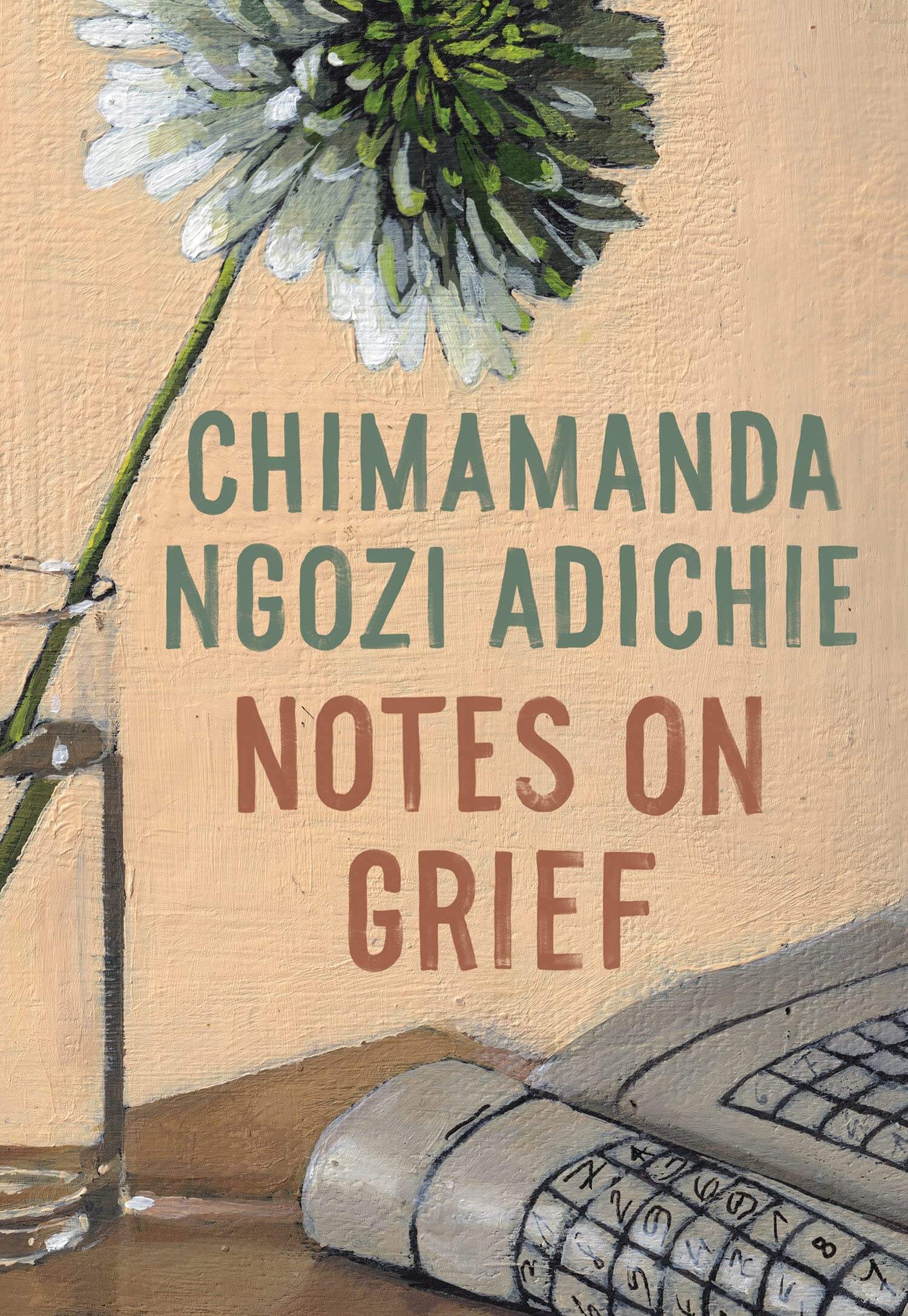
Notes on Grief by Chimamanda Ngozi Adichie
In the middle of the Coronavirus pandemic, as quarantine kept her family apart, writer Chimamanda Adichie lost her father suddenly due to kidney failure. In Notes on Grief, Adichie provides a captivating memoir filled with hope and love as she reflects upon the life of her father and her experience with grief. Her writing gives voice to the millions of people who suffered losses during the pandemic, showing how we are all connected by the experience of loss.
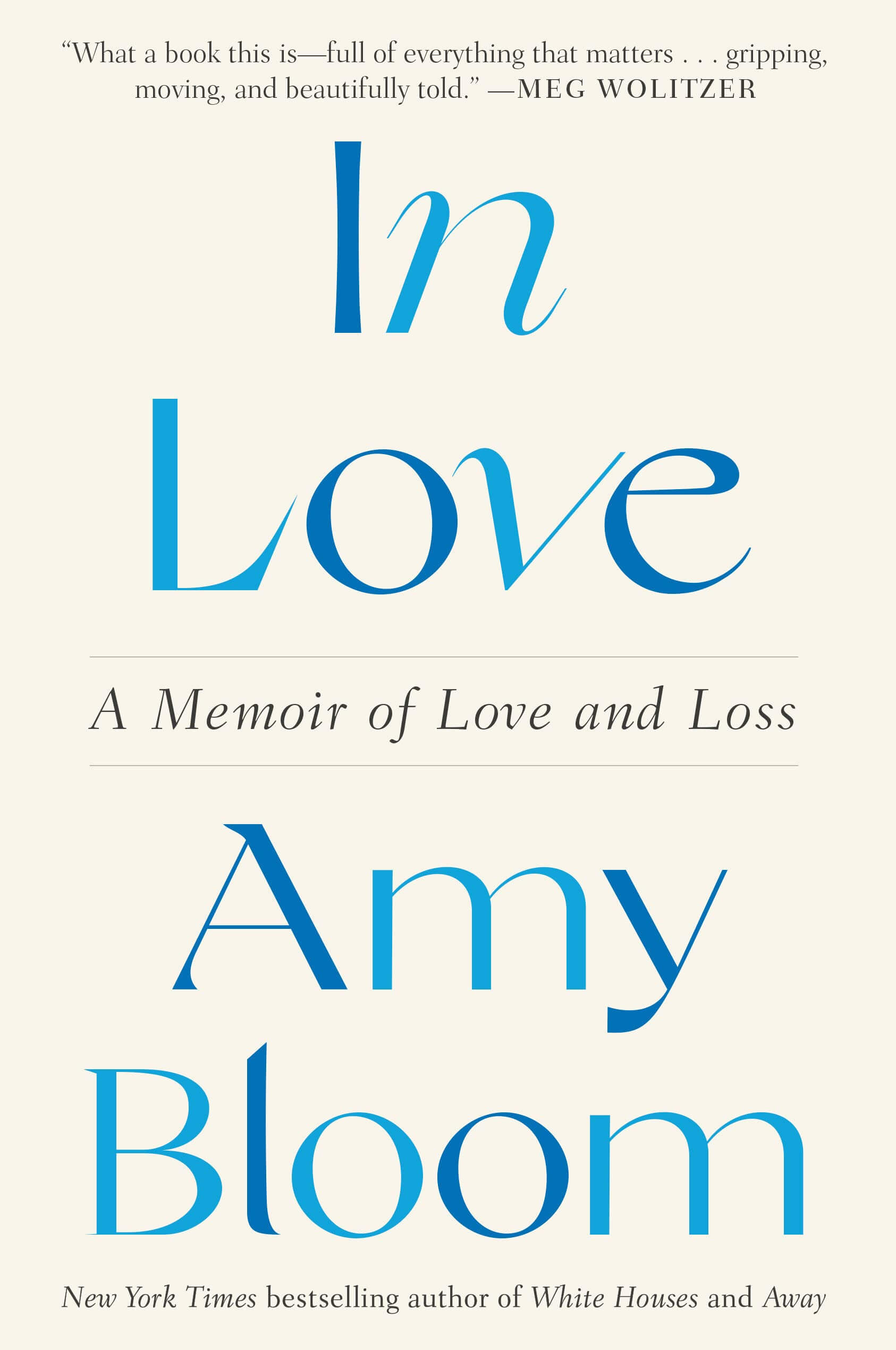
In Love: A memoir of Love and Loss by Amy Bloom
In this beautiful and unforgettable memoir, Amy Bloom shares the intimate moments and painful decisions following her husband Brian’s diagnosis of Alzheimer’s disease and his subsequent decision to go to Dignitas, an organization that helps people end their lives with dignity and peace. The memoir provides a captivating portrait of love, support and grief as the couple faces the reality of Brian’s diagnosis and end of life.
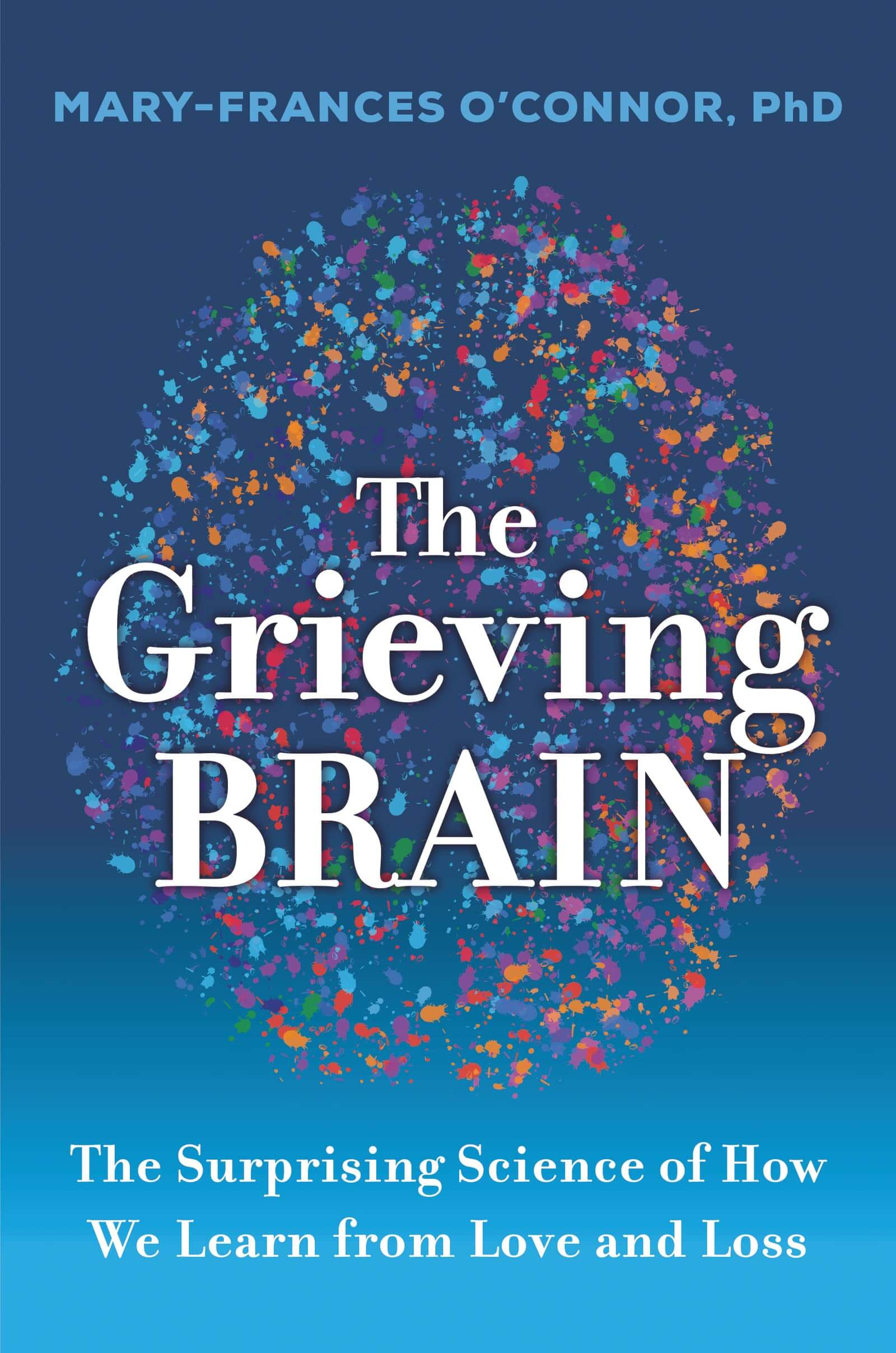
The Grieving Brain by Mary-Frances O’Conner, PhD
In The Grieving Brain, Dr. O’Conner takes readers through the latest cutting-edge discoveries in neuroscience and breakthroughs in psychology to better understand what happens when we grieve and what we can do to ease the pain of loss.
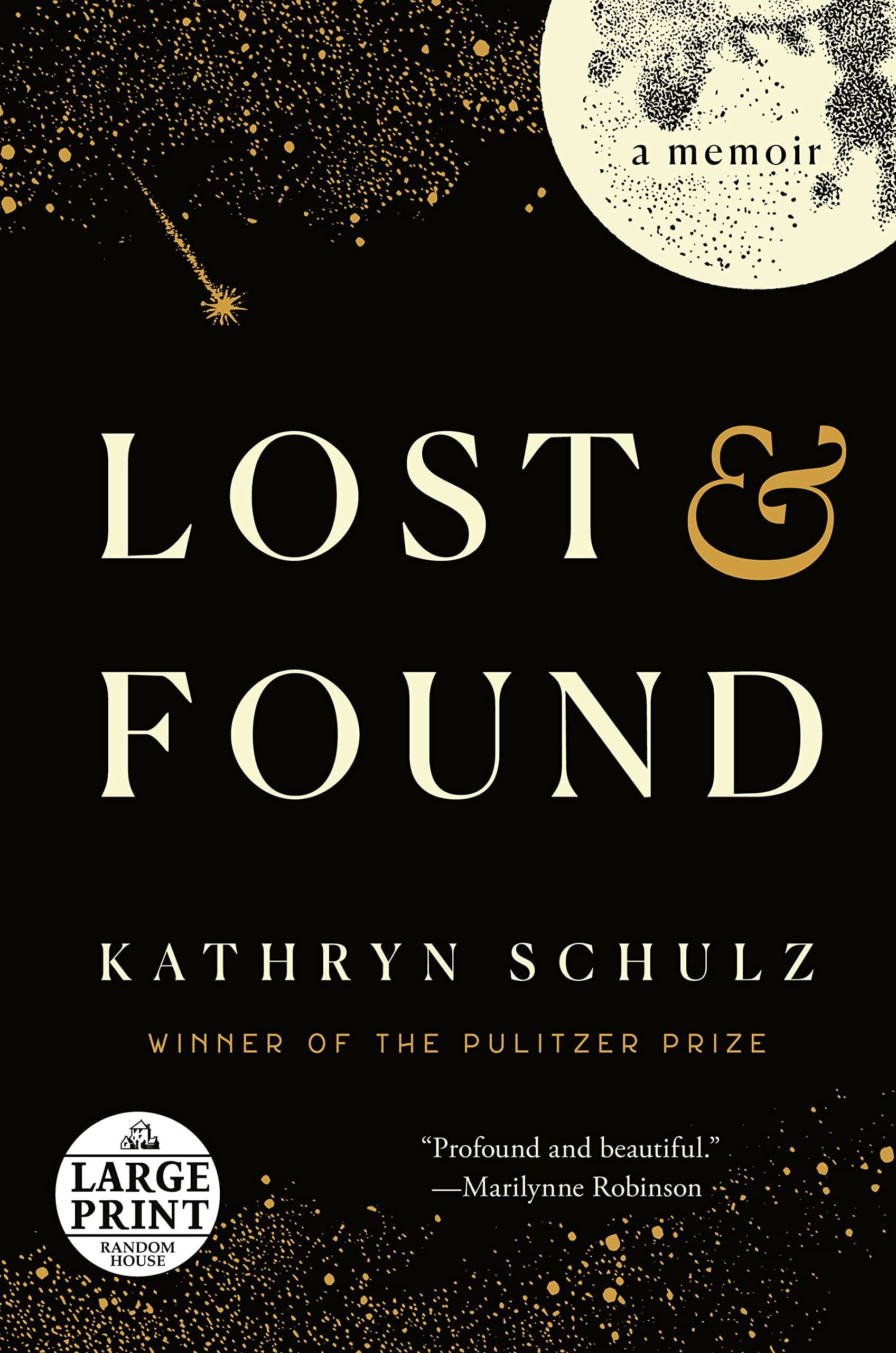
Lost and Found by Kathryn Schulz
Kathryn Shulz reflects on love, loss, and the bigger picture in this heartwarming memoir that reflects on everything from personal relationships to global catastrophe. Shulz explores the various ways loss changes us, and how love and loss operate as two sides of the same coin.
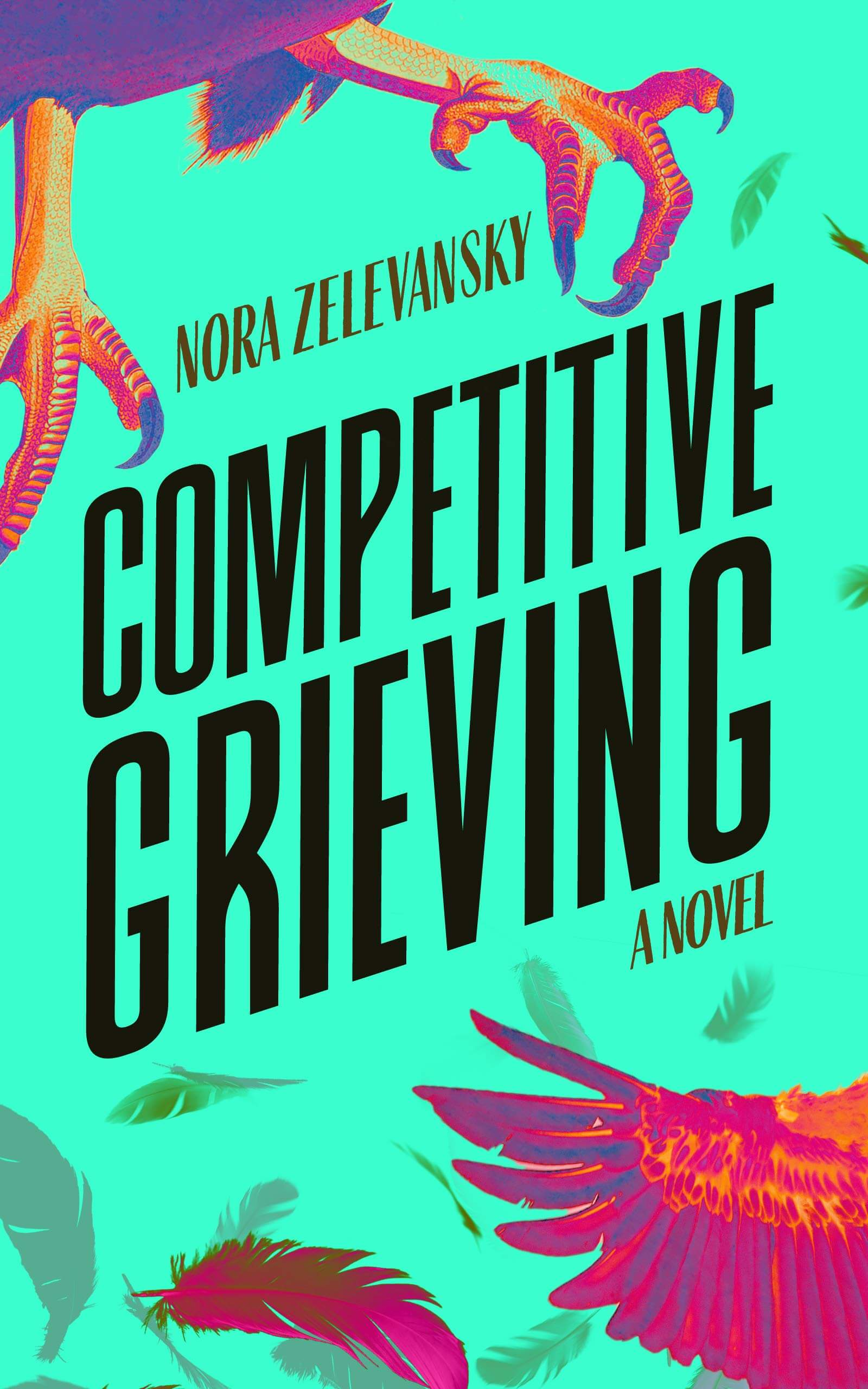
Competitive Grieving by Nora Zelevansky
In this buzzing novel, Wren’s rising star best friend from childhood, Stewart, has passed and she wonders if she even really knew the so called extension of herself. This important and comedic book shows how hard it is to lament amidst love and life.
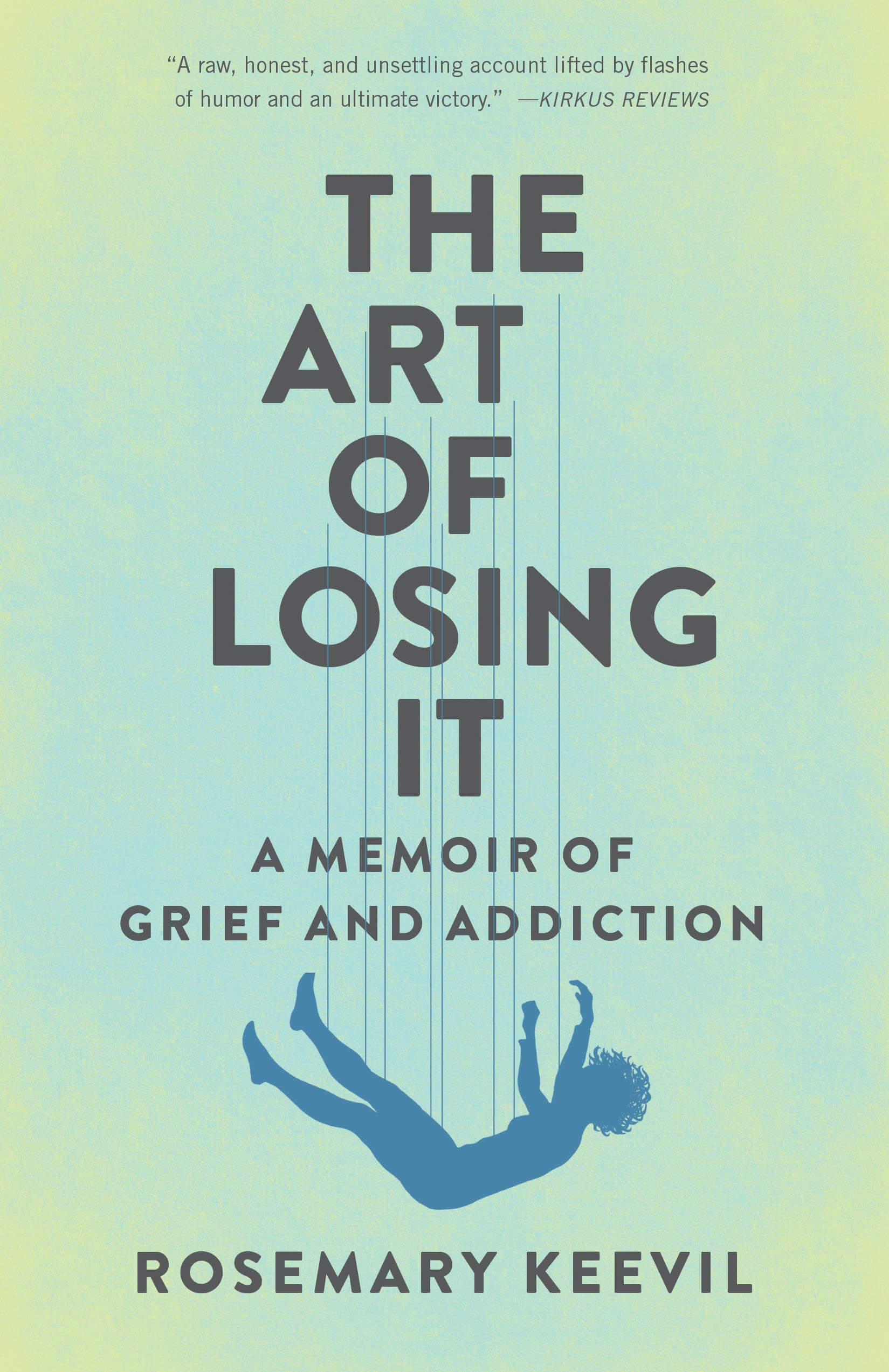
The Art of Losing It by Rosemary Keevil
When it comes to books about grief, a firsthand account is always helpful. This memoir recounts Rosemary Keevil’s experiences through an incredibly turbulent time in her life; when her brother and husband passed away from terminal illnesses in the same year, Rosemary was left with her two daughters and an addiction problem. The Art of Losing It details Rosemary’s navigation through her life as a grieving, single mother and the addiction she struggles with that lands her in rehab. This vulnerable look into her life provides a bit of solace for those that have recently undergone a loss, are coping with addiction problems, or both.
Splitting the Difference: A Heart-Shaped Memoir by Tré Miller Rodríguez
Tré Miller Rodríguez has experienced a lot of loss in her life. At age 18, she gave up her baby for adoption. The following year, her only sibling died in a car accident. When Tré was 34, her husband, Alberto, passed away unexpectedly from a heart attack. But Tré’s life took a shift when, at age 36, her daughter found her on Facebook. In an honest and inspiring narrative, Tre describes her shift from a dissatisfying widowed life, to one full of adventure as she travels to dream locations, releasing Alberto’s ashes into bodies of water and connecting with his past in his homeland of Cuba. Poignant and raw in every way, Splitting the Difference tells the story of a woman who finds an entirely new side of herself as she quits her job, reunites with her daughter, and comes to terms with the death of her late husband.
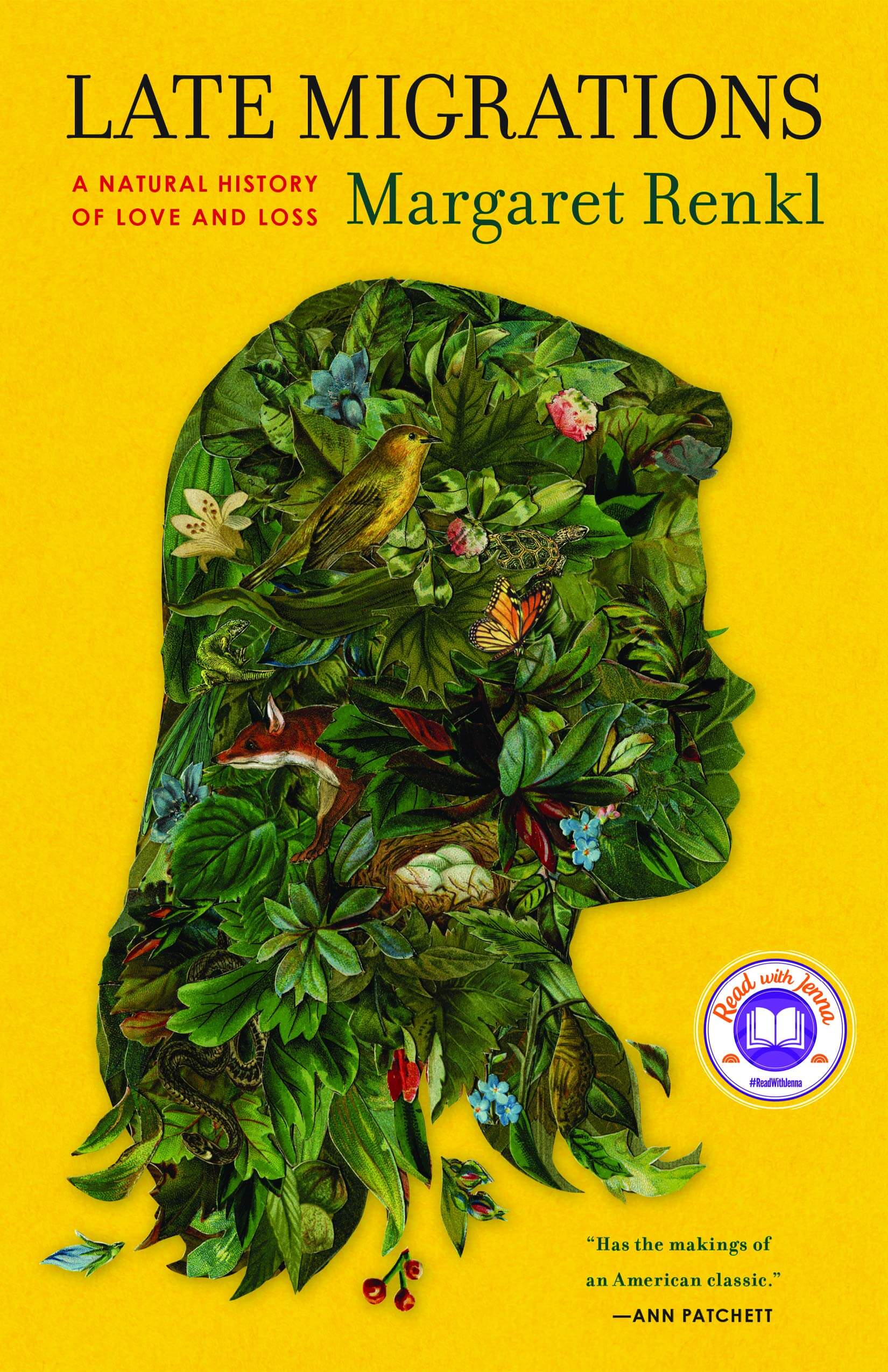
Late Migrations: A Natural History of Loss and Love by Margaret Renkl
Margaret Renkl writes a series of essays that reminisce on her childhood as well as her parents. She paints the portrait of her uniquely extravagant mother and stable father, along with the transition of her as their child into their caregiver. These enchanting excerpts taken from Renkl’s personal experiences bring light and laughter as she recalls moments in time with the people she loves. Late Migrations fills the grieving heart with light and love.
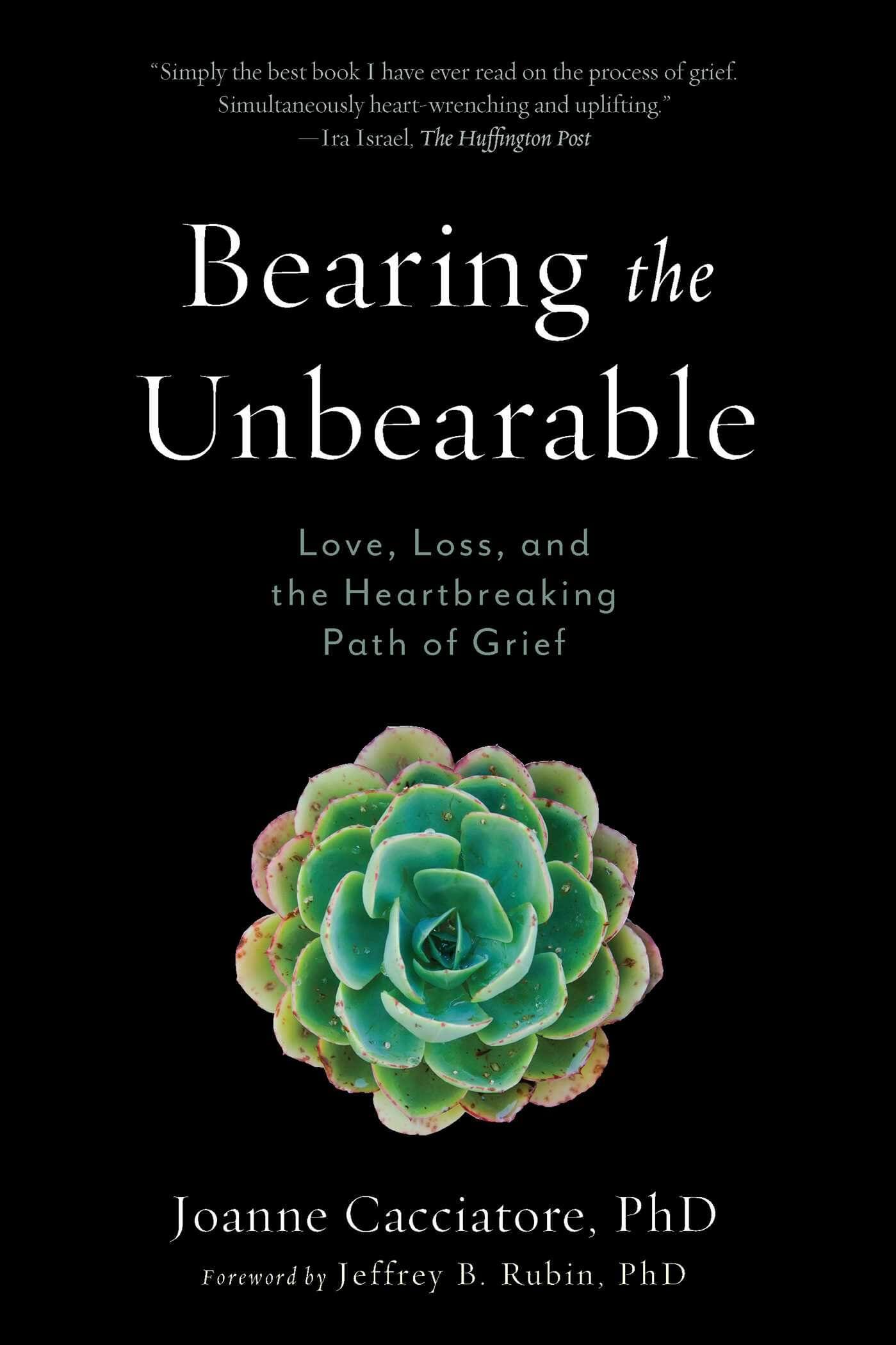
Bearing the Unbearable: Love, Loss and the Heartbreaking Path of Grief by Joanne Cacciatore
In these fifty-two short chapters, Dr. Joanne Cacciatore paves the road to understanding grief and the emotional impacts on humans. She shares moving stories of overcoming grief from people she has helped in her practices over the years, along with her personal stories of loss. Bearing the Unbearable illuminates the grieving process and walks through the stages of the human experience. It is not only a necessity for those who have experienced loss, but for usage by therapists, educators and other professionals to help guide their clients.
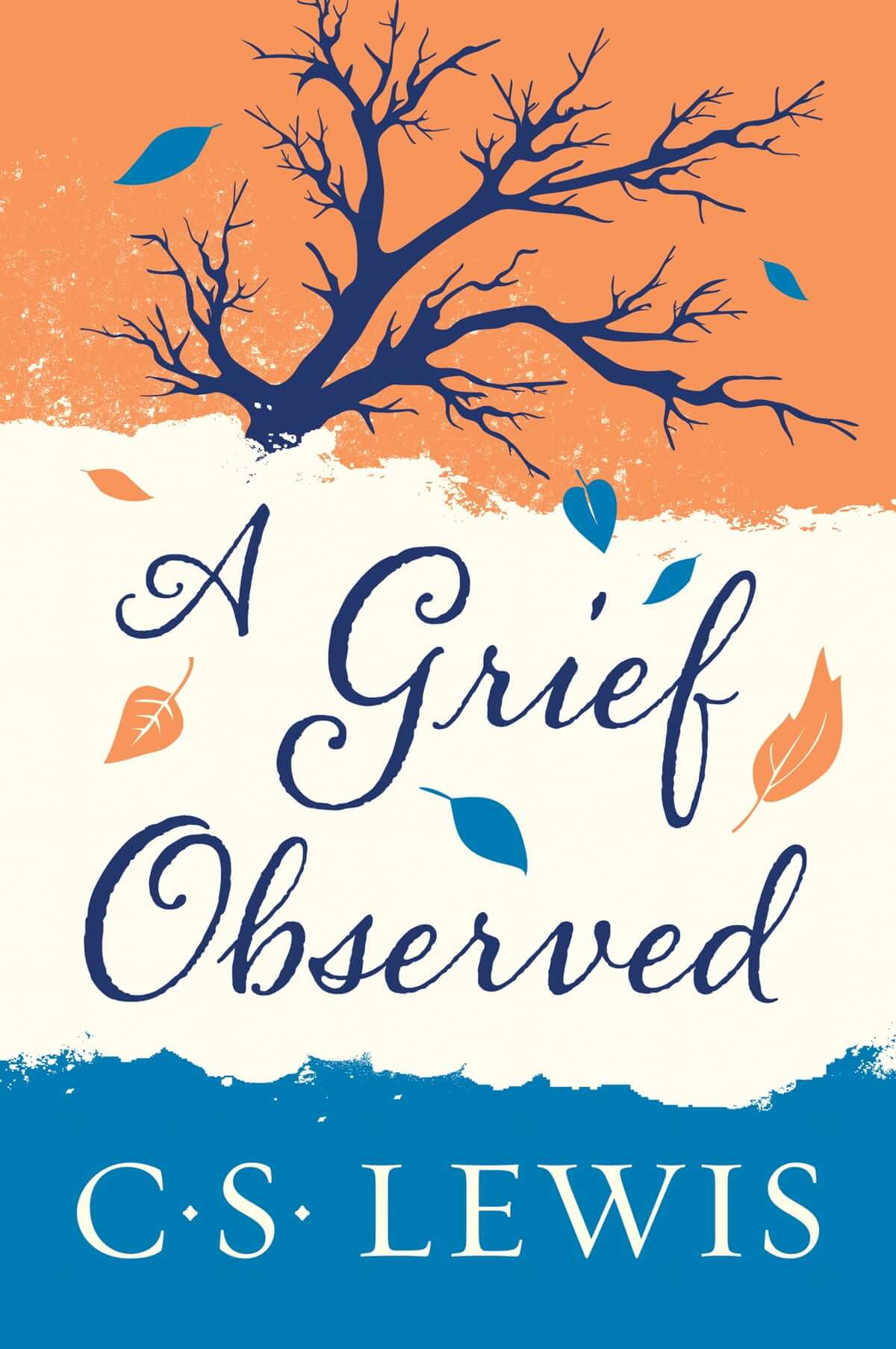
A Grief Observed by C.S. Lewis
After the death of his wife, author C.S. Lewis wrote A Grief Observed as a means of surviving and keeping himself together. In an incredibly honest reflection on emotion and the pain that comes from loss, Lewis dives into his experiences in coping with this difficult period in his life and a new discovery of self that was once lost.
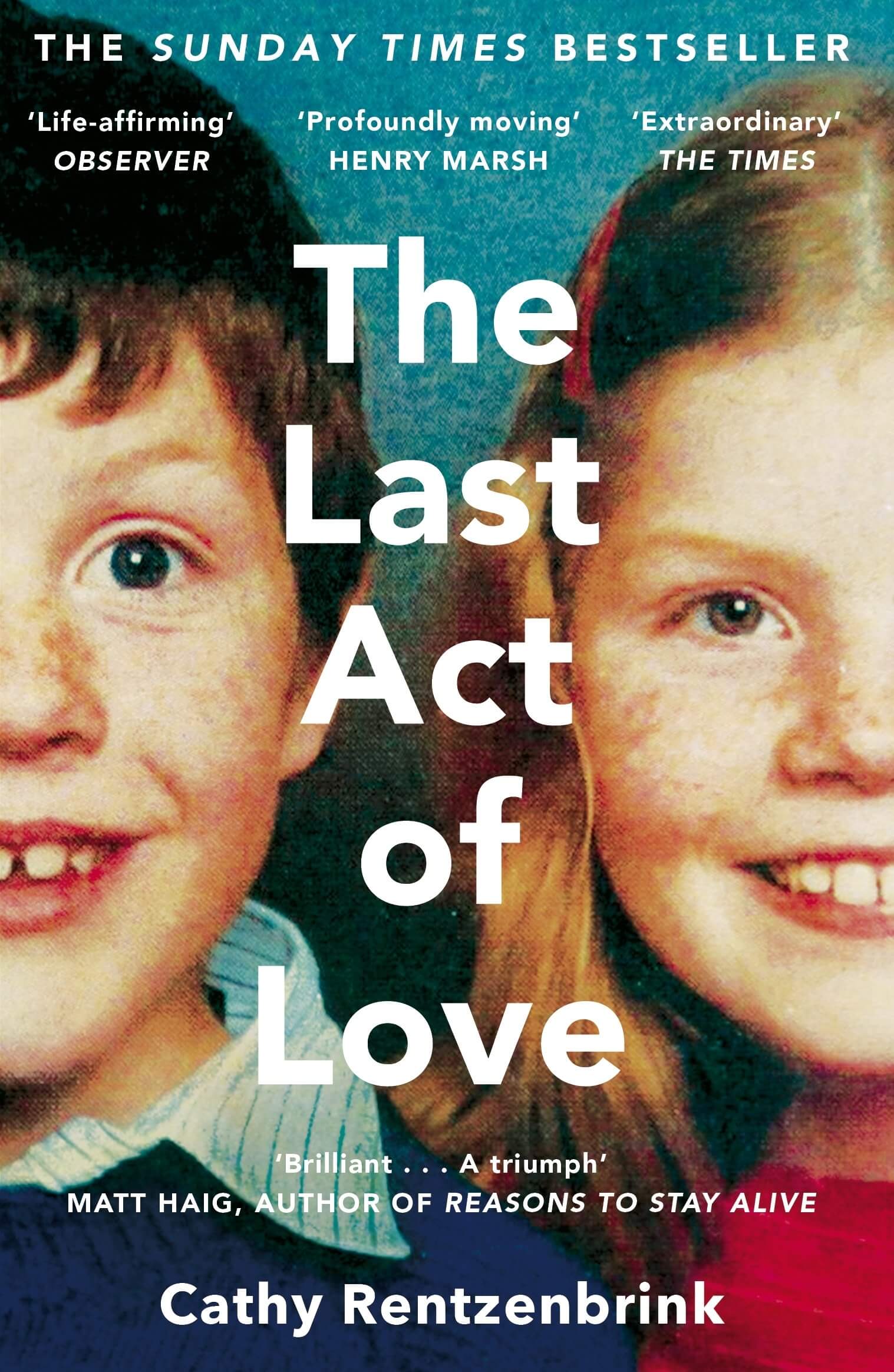
The Last Act of Love: The Story of my Brother and His Sister by Carly Rentzenbrink
Carly’s brother, Matty, was knocked unconscious by a car in the summer of 1990. From then on, Carly and her parents would face the most difficult decision of their lives. While comatose and on a heart monitor, Matty’s GCSE results came back as the highest in his school. In The Last Act of Love, Carly describes the painstaking results of the accident, its impact on the family, and the conclusion they had to come to for their loved one.
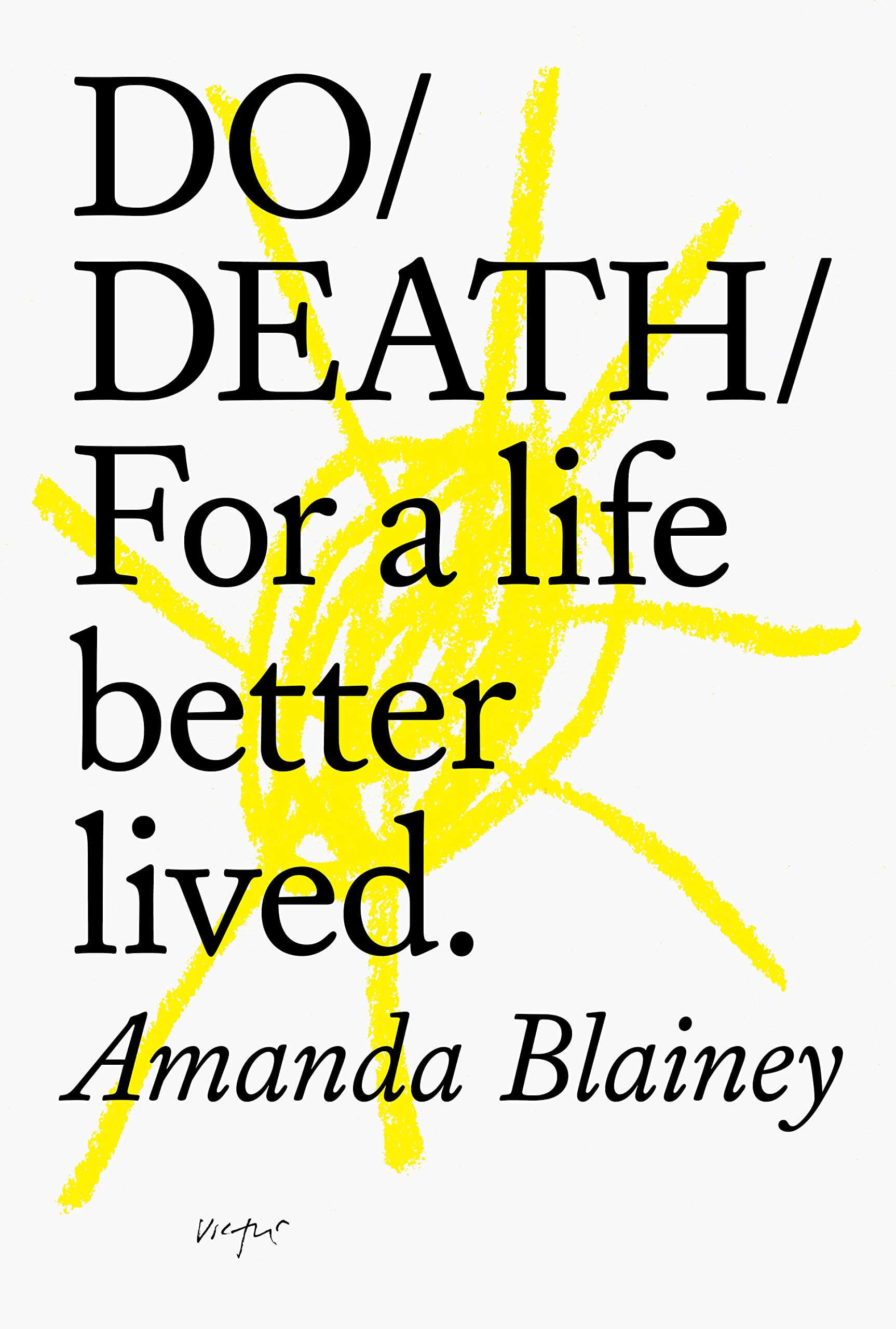
Do Death: For a Life Better Lived by Amanda Blainey
In this straightforward book about grief that transforms our relationships with death, social activist Amanda Blainey encourages open conversations about the topic in a destigmatizing perspective. Do Death rationalizes death’s natural inevitability and provides advice and guidance in accepting it.
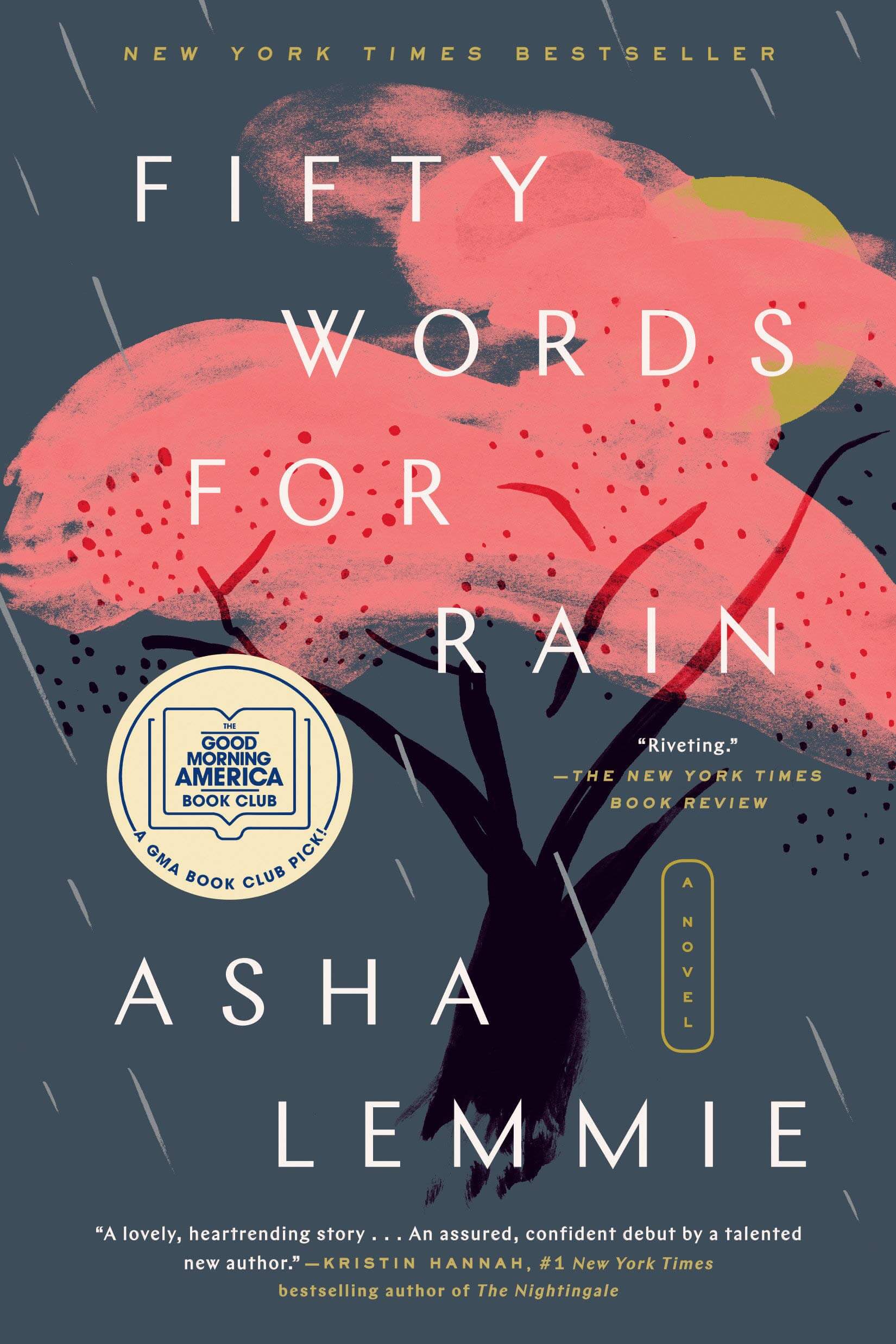
Fifty Words for Rain: A Novel by Asha Lemmie
It was the 1940s in Kyoto, Japan, and young Nori’s mother left without saying little else other than, “Do not question. Do not fight. Do not resist.” From that point on, Nori was left at the mercy of her aristocrat grandparents who confined her to the attic and subjected her to painful skin-lightening treatments in an attempt to protect the royal pedigree. If you’re seeking strength and hope in a time of grief, you’ll surely find it in the story of young Nori and her faithful will to carry on.
Fifty Words for Rain was also included in our list of best Fall book club picks.
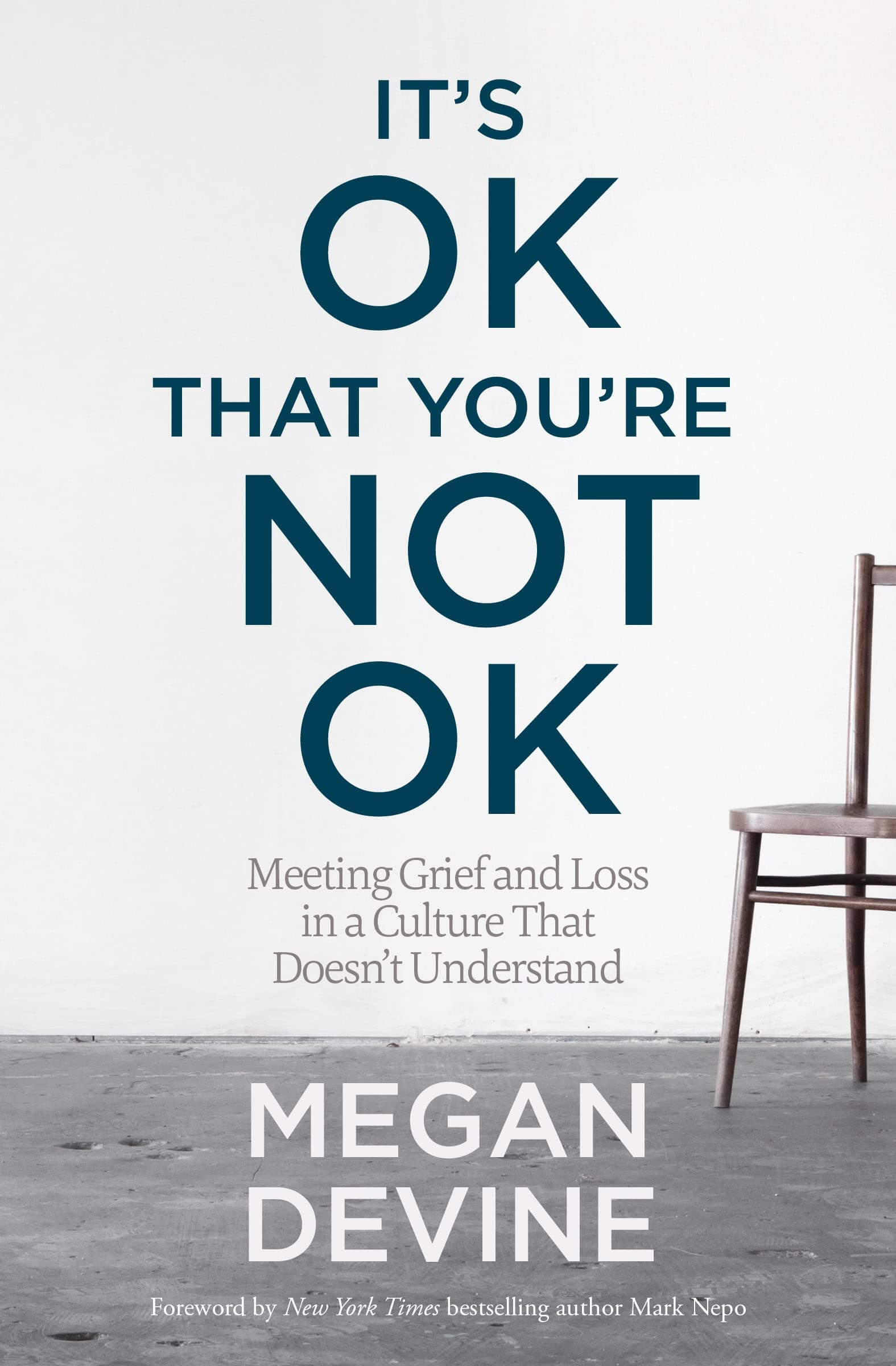
It’s OK That You’re Not OK by Megan Devine
“Grief is simply love in its most wild and painful form,” says Megan Devine. “It is a natural and sane response to loss.” Thus, is Megan’s approach to experiencing grief and how we treat others who are grieving. Readers will find spiritual wisdom, advice, practical guidance and more in this heartfelt and helpful guide through grief.
Readers will learn to give themselves grace throughout the process and toss away expectations about how grief should look.
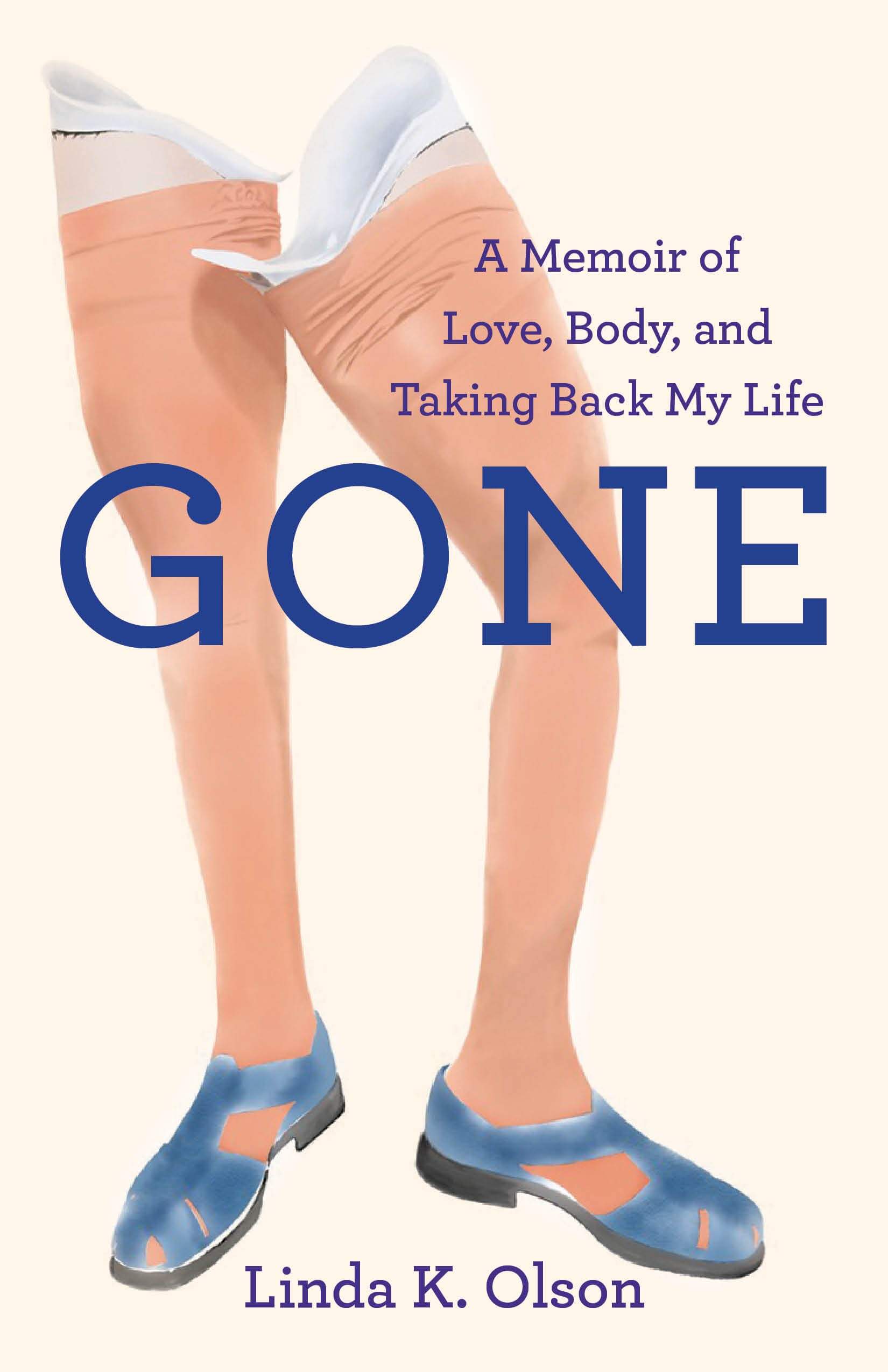
Gone by Linda K. Olson
While young doctors Linda Olson and her husband, Dave Hodgens, were vacationing in Germany, a train hit their van, shattering their lives—and Linda’s body, taking her right arm and both of her legs. As a triple amputee, Linda learned to walk with prostheses and change diapers and insert IVs with one hand. Then, she finished her residency while pregnant and living on her own. Inspiring and deeply moving, Gone asks readers to find not only courage but also laughter in the unexpected challenges we all face.
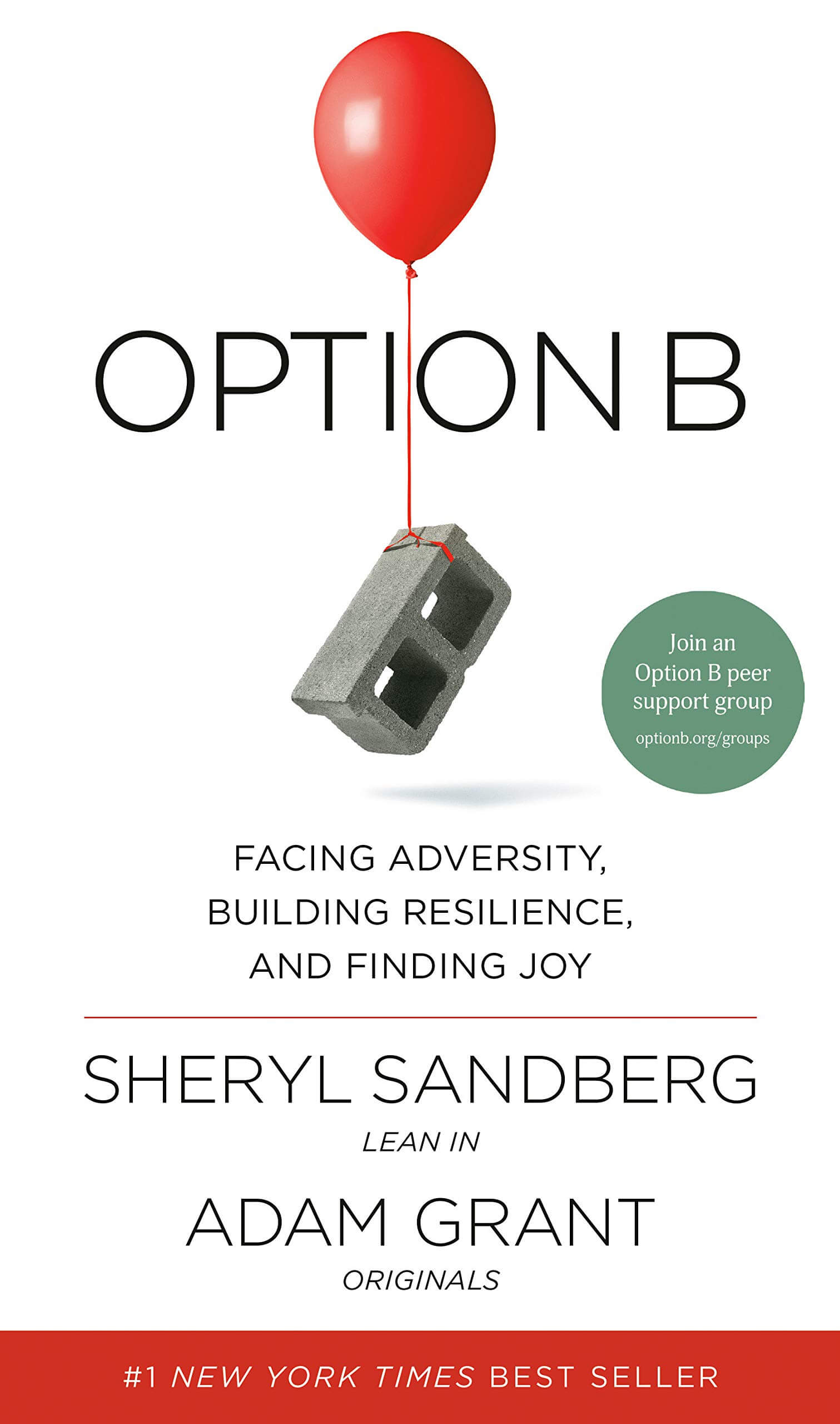
Option B: Facing Adversity, Building Resilience, and Finding Joy by Sheryl Sandberg
Sheryl Sandberg’s husband died suddenly, leaving Sheryl and her two young children devastated. When the first father-child activity arose, a friend said, “Option A is not available. So, let’s just kick the shit out of Option B,” stepping in as the father figure for the evening. It was that moment that sparked the idea of taking responsibility for one’s reaction to loss… to hardships… to adversity.
Sandberg’s book will offer strength to rise back up during the lowest of lows – a must-read for anyone facing hardship.
Check out these books about strong women>>
Opening to Grief: Finding Your Way from Loss to Peace by Claire B. Willis
Loss can take so many forms, and during the pandemic, nearly everyone has felt loss in one way or another. In this timely guide, and in the gentle, honest tone of a close friend, Willis invites readers to grieve fully, openly, and purposefully for those lost, while remembering to love ourselves and others along the way.
If you’re looking for something to soothe your soul during this uncertain time, look no further. Willis’ words are kind, comforting, and filled with hope.
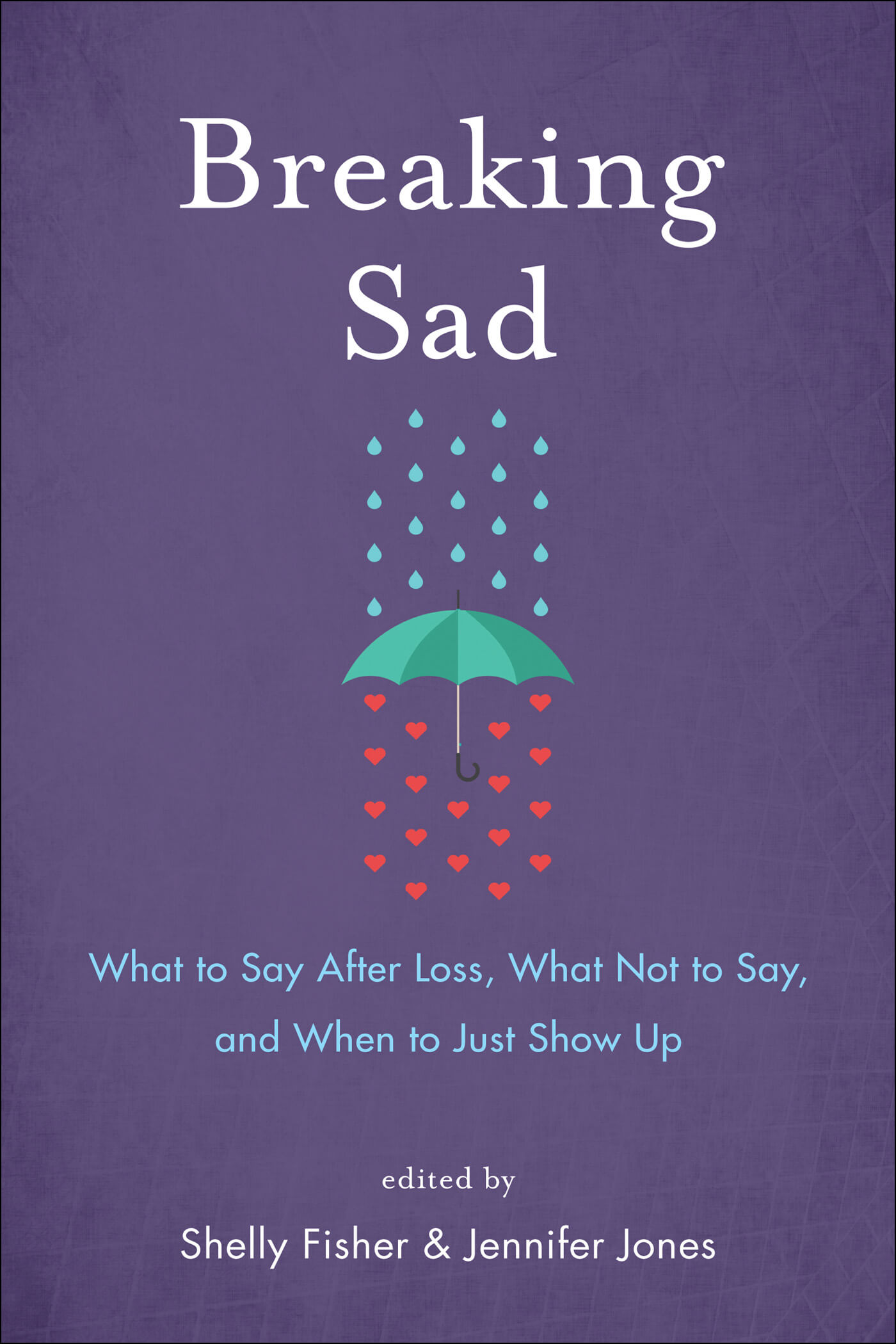
Breaking Sad by Shelly Fisher & Jennifer Jones
Each person grieves, heals, and processes trials and tribulations differently. Here readers can explore everything from the loss of a loved one, the loss of a job, and the loss of health, delving into personal experiences from people on the other side of all of our good intentions to share some insight regarding the questions we’re unable to ask: How do I help? Is it better to say nothing? Should I share what my experience was like? The pages of this book are lined with real stories and real feedback to those questions and more.
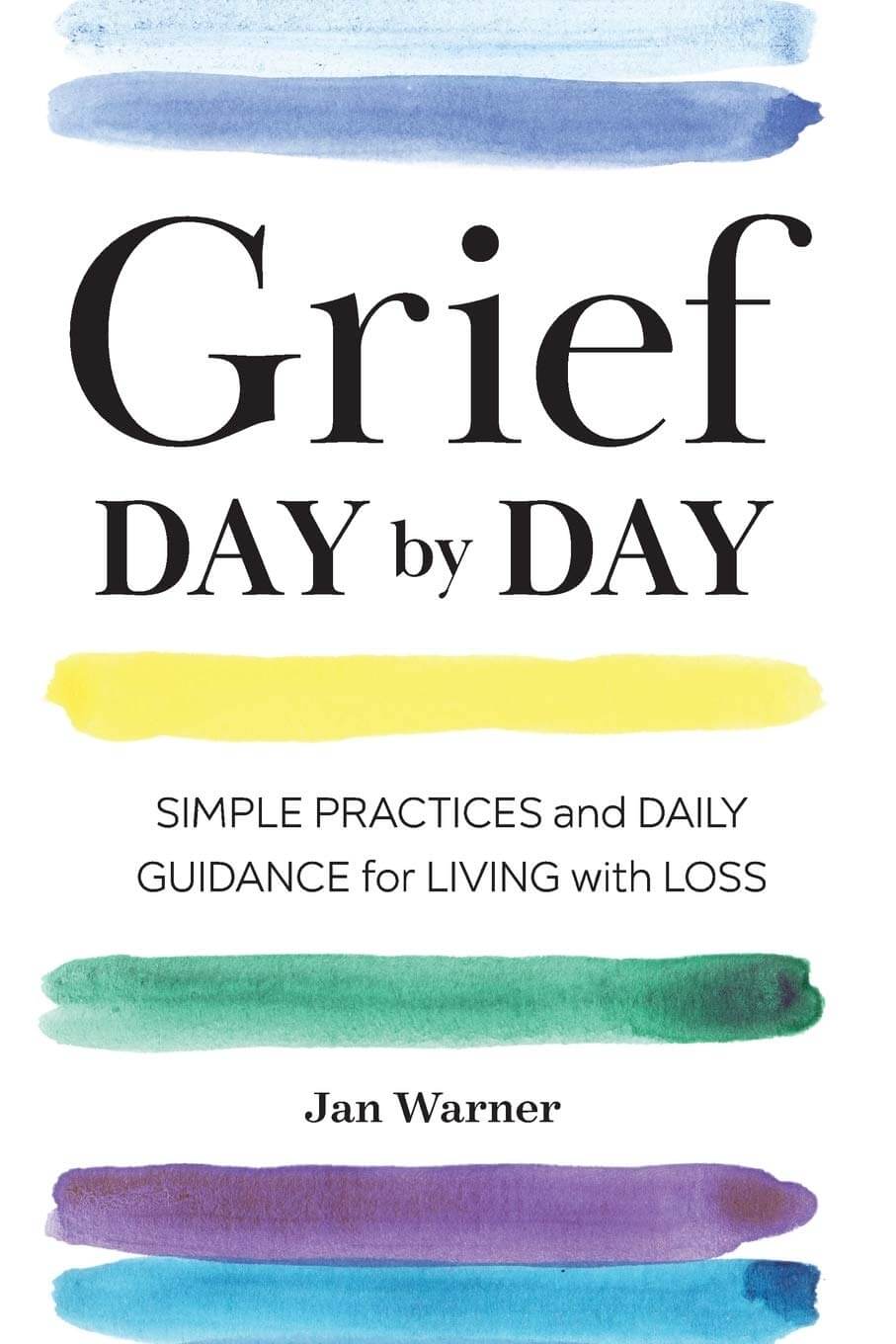
Grief Day By Day: Simple Practices and Daily Guidance for Living with Loss Paperback by Jan Warner
Grief comes in many shapes and forms, and this grief recovery handbook explores the different stages with 365 daily reflections, quotes, meditations, and 52 healing practices tied together with a weekly theme. When it comes to addressing the day-to-day emotions that accompany the grieving process, this guide will walk you through topics like loneliness, grief attacks, exhaustion, hope, love, and creating meaning.
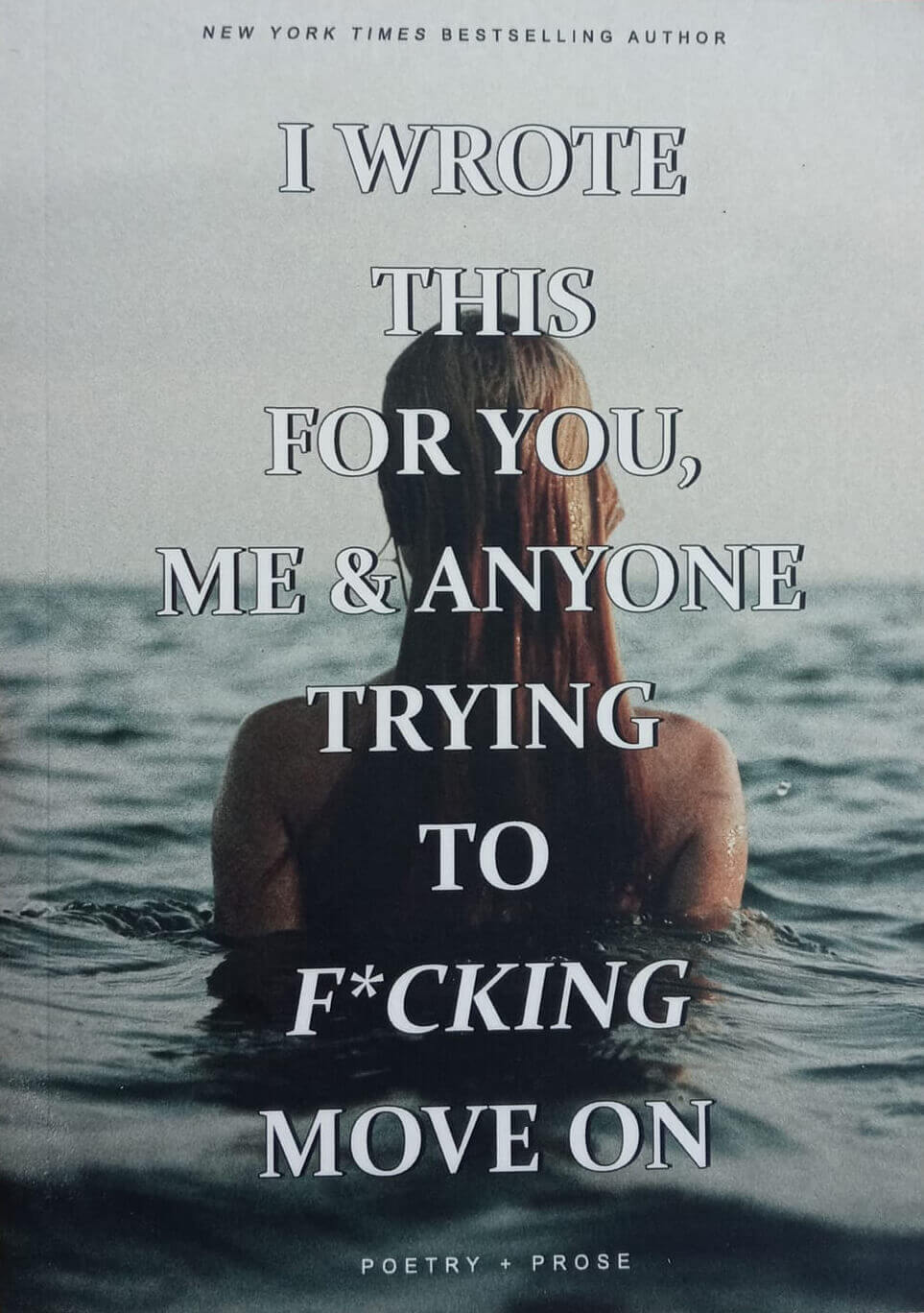
I Wrote This For You, Me & Anyone Trying to F*cking Move On by Robert M. Drake
Maintaining a healthy relationship is not easy. It takes mutual hard work, patience, loyalty, respect, communication, forgiveness, and selflessness. But relationships are required to grow as a human being, and they are very important to your life and some of your best moments. This book helps you understand what to look out for, what to cling to and what to let go next time you fall in love.
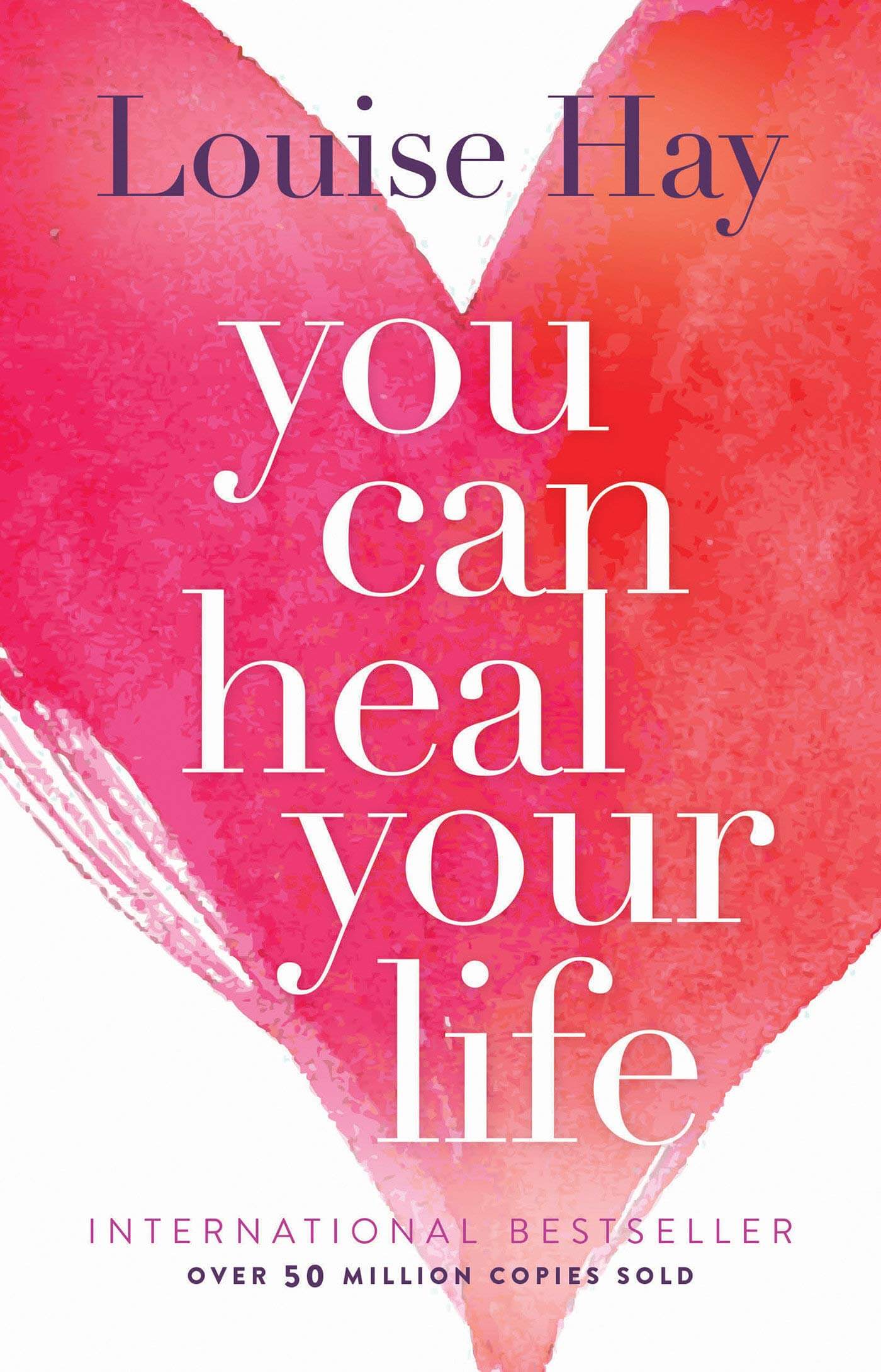
You Can Heal Your Life by Louise Hay
Louise L. Hay is an internationally known leader in the self-help field with her key message: “If we are willing to do the mental work, almost anything can be healed.” The author has a great deal of experience and firsthand information to share about healing, including how she cured herself after being diagnosed with cancer.
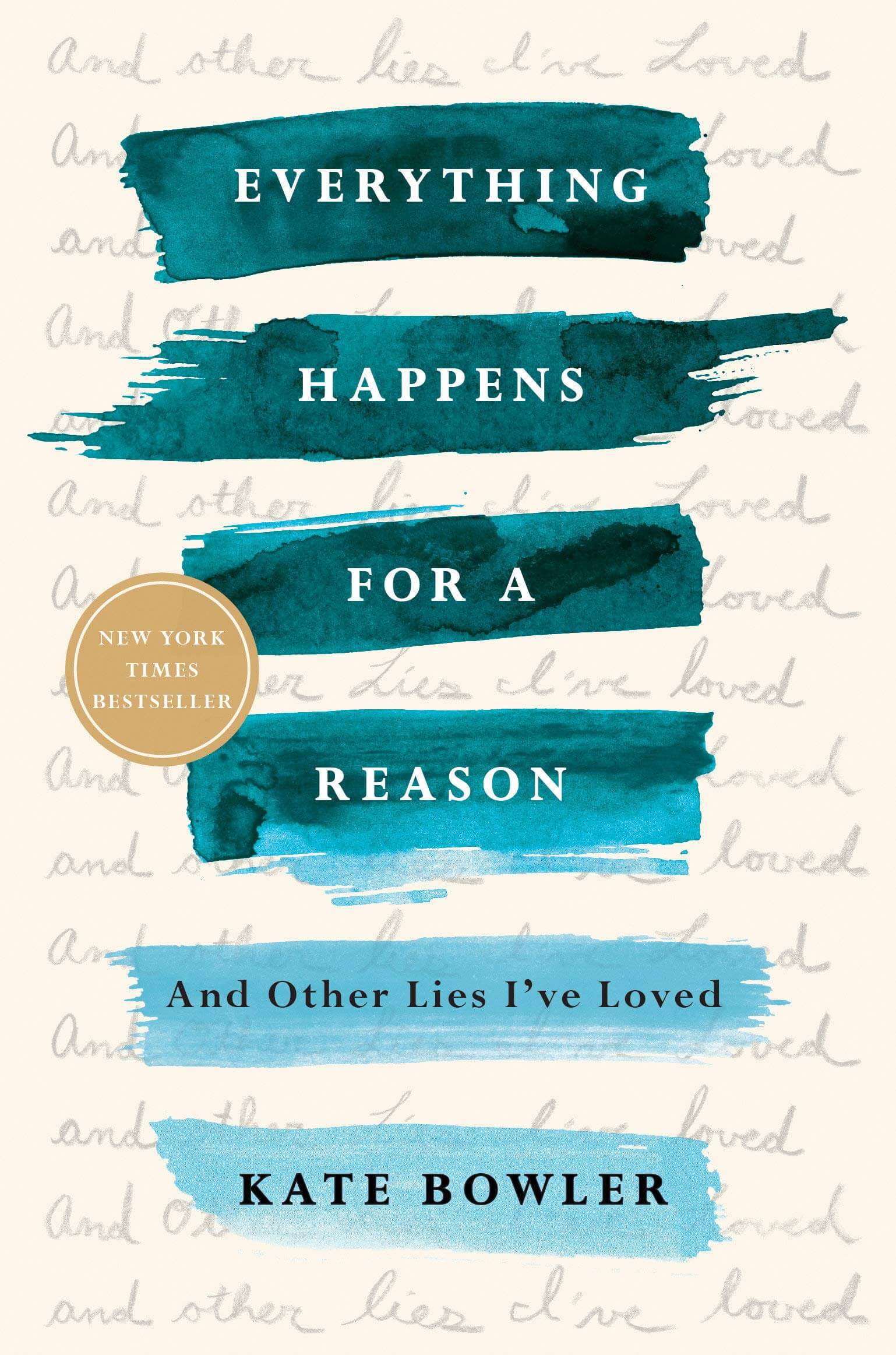
Everything Happens for a Reason And Other Lies I’ve Loved by Kate Bowler
At the height of her career, married happily, and with a newborn son, Kate Bowler was diagnosed with stage IV colon cancer. The prospect of her own mortality forces her to realize that she has been living with the idea that she can control the shape of her life—but no amount of positive thinking will shrink her tumors. What does it mean to die, she wonders, in a society that insists everything happens for a reason? Frank and funny, dark and wise, Everything Happens for a Reason tells her story, offering up her irreverent, hard-won observations on dying and the ways it has taught her to live.
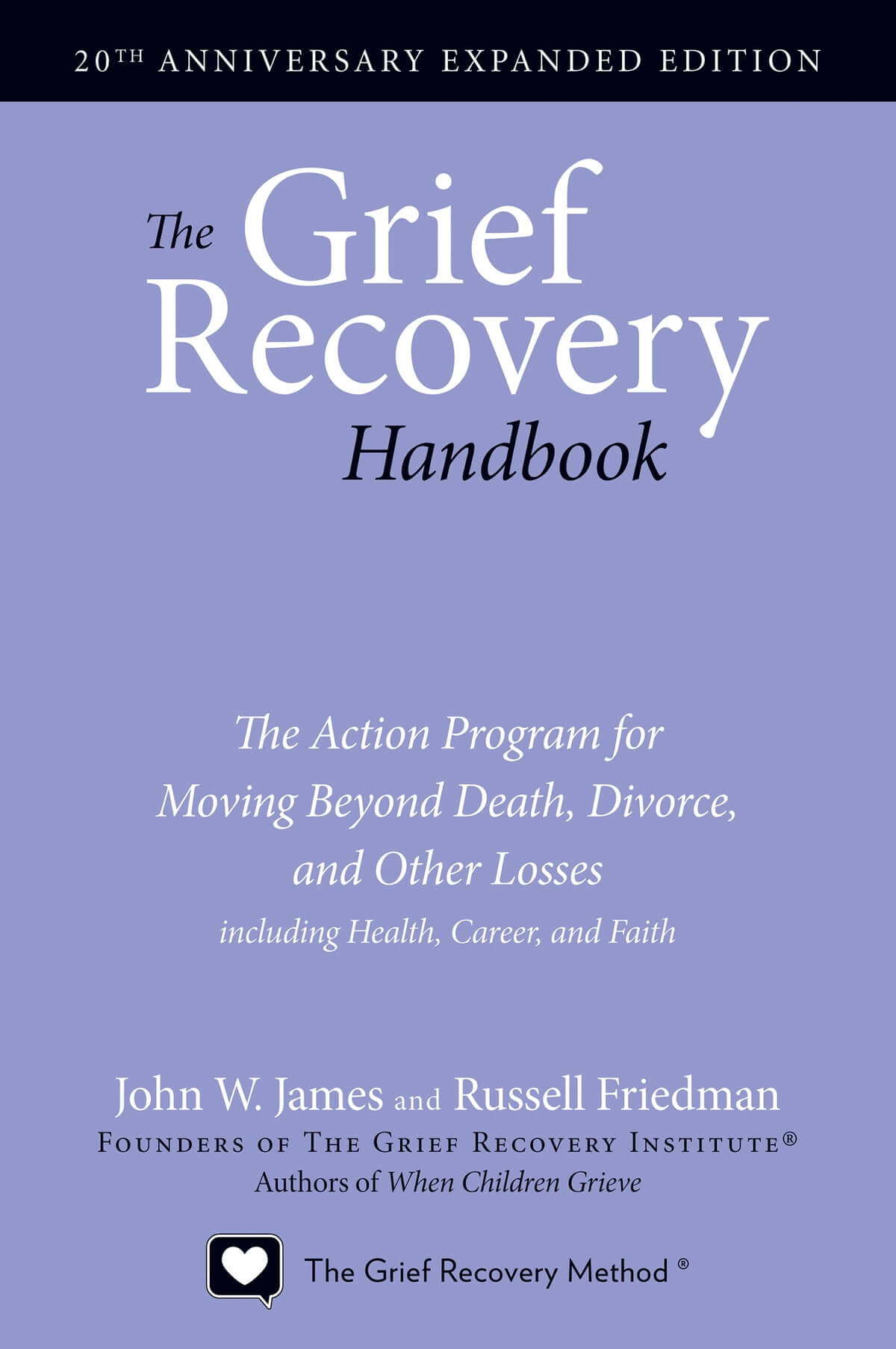
The Grief Recovery Handbook by John W. James and Russell Friedman
Updated to commemorate its 20th anniversary, this is a ground-breaking classic resource about incomplete recover from grief that sheds light on how to take effective actions to work towards recovery and happiness. It details specific actions to work through grief in a healthy way, whether that’s grief from loss of relationships, love, faith, career, finances, health, and more.
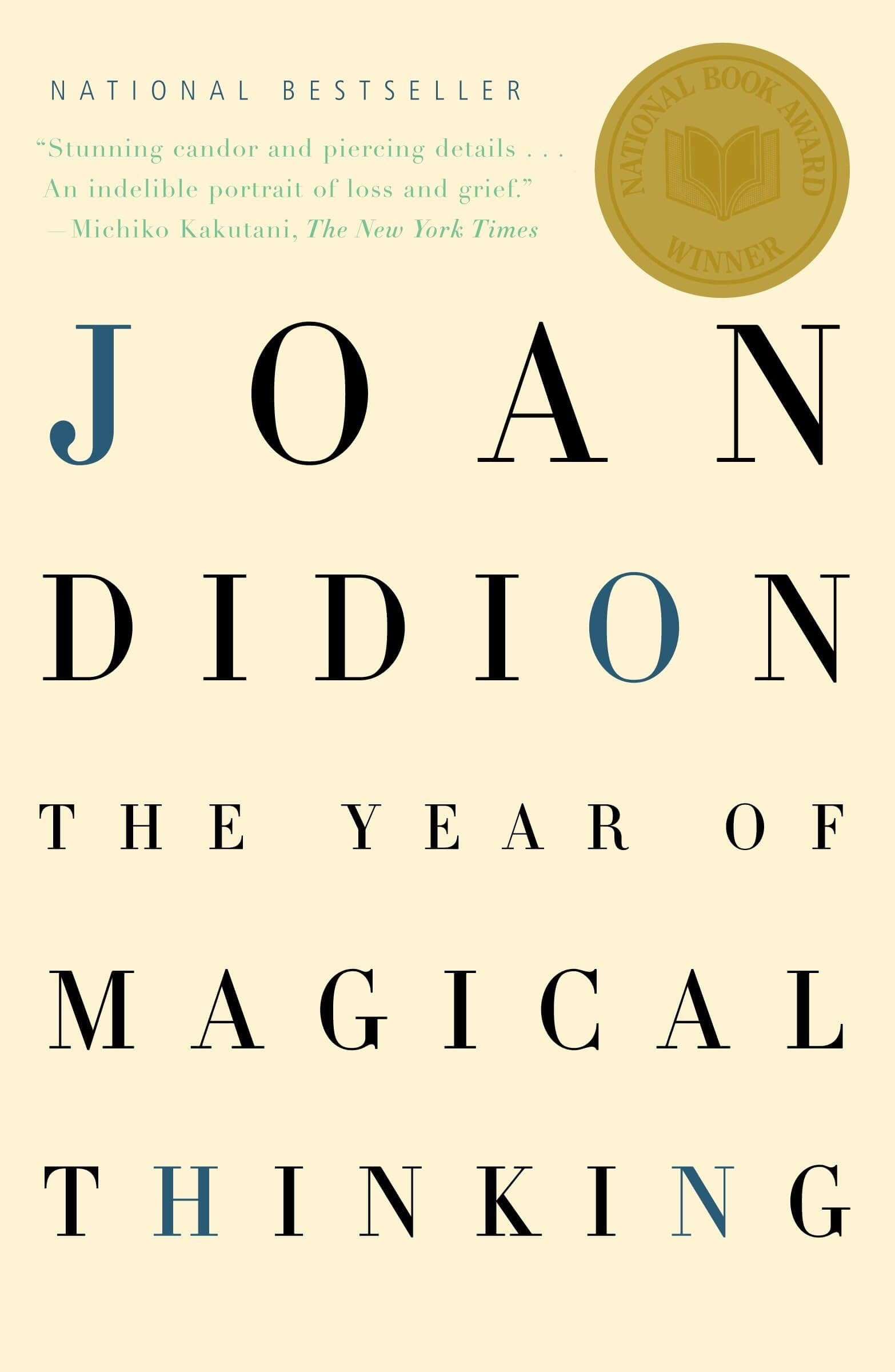
The Year of Magical Thinking by Joan Didion
The Year of Magical Thinking by Joan Didion chronicles her first year coping with the sudden loss of her husband, John Gregory Dunne. While not a self-help book, many bereavement experts recommend this memoir by one of America’s iconic writers as a powerful tool. The raw, electric honesty and passion that explores the intensely personal yet universal experience of grief (and marriage) will speak to anyone who has loved and lost a husband, wife, or child.
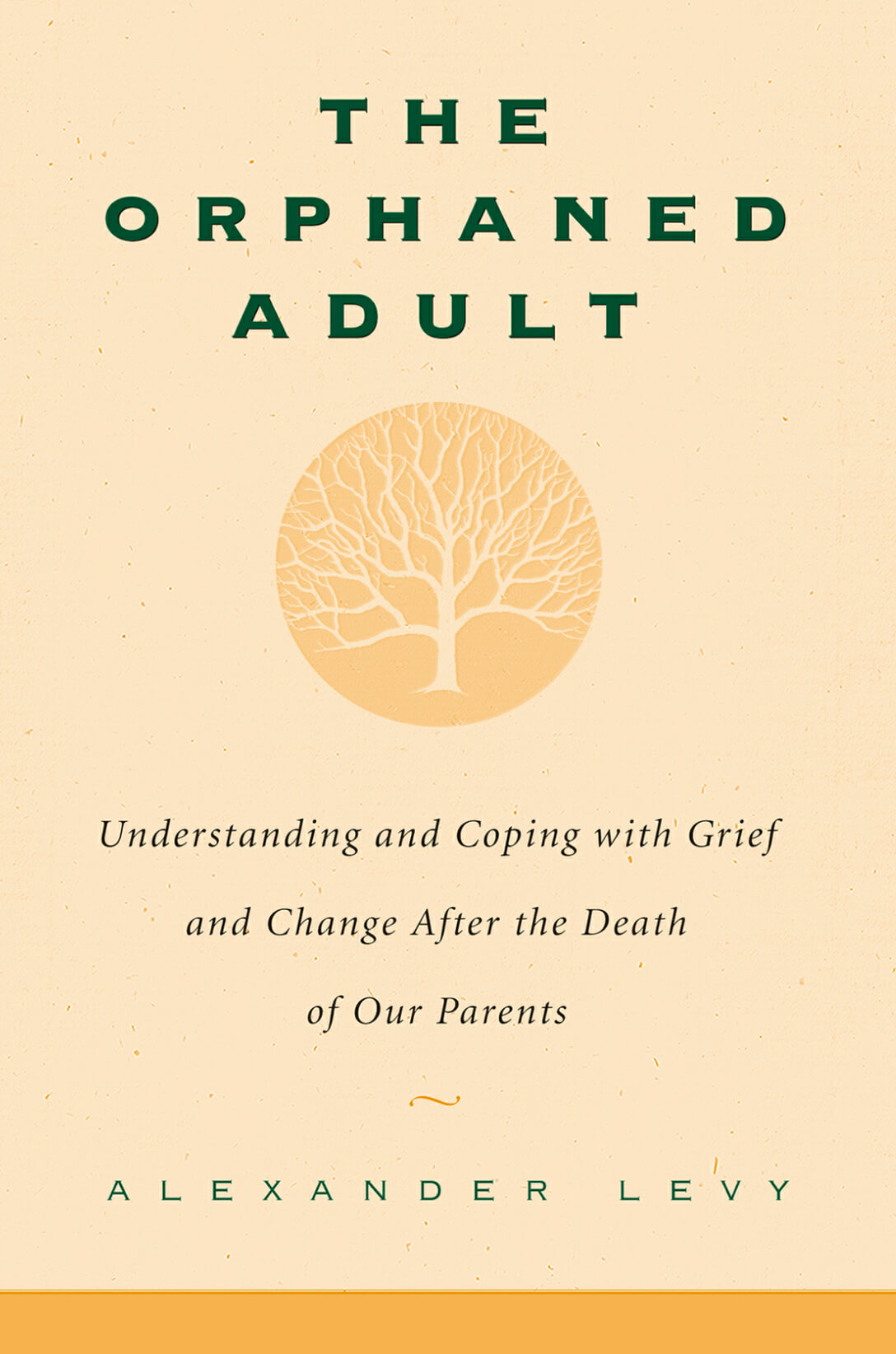
The Orphaned Adult: Understanding and Coping with Grief and Change After the Death of our Parents by Alexander Levy
This is a strong guide to understanding and coping with the grief and other emotions that come with the death of one or both parents. While losing your parents as an adult child is the natural order of things, if it’s suddenly, or after a prolonged illness, it’s often more difficult than you think it would be. It not only reveals the vulnerability of our own mortality, but sometimes shifts one back into child-like sorrow; a subtle change in the roles of the surviving family. This guide helps readers through the change of passage and offers reassuring wisdom.
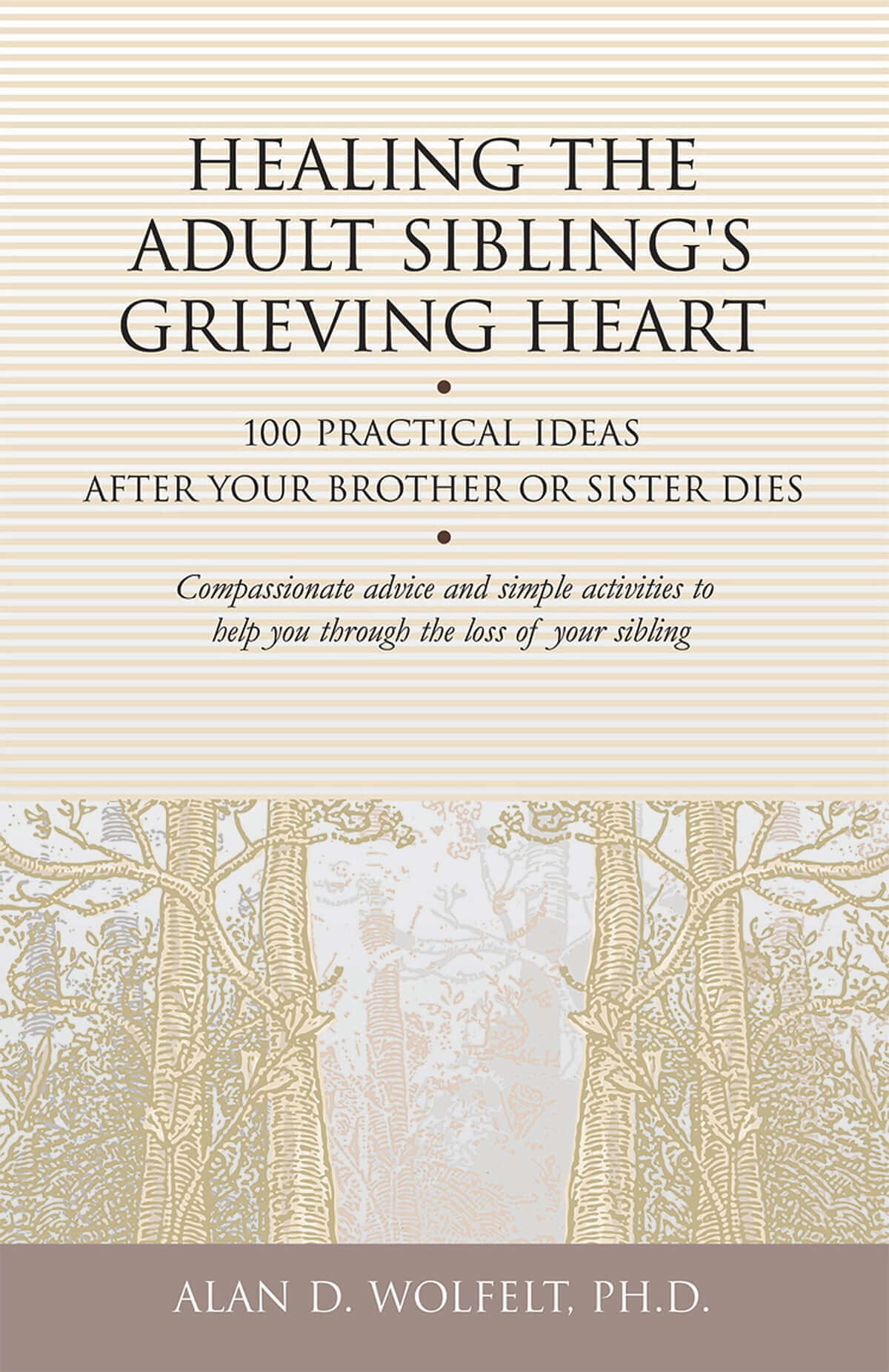
Healing the Adult Sibling’s Grieving Heart: 100 Practical Ideas After Your Brother or Sister Dies byAlan D. Wolfelt, PhD
Siblings are often called the ‘forgotten mourner’ because attention usually is placed on surviving parents, spouses, and children related to the deceased person. In this compassionate collection, readers can discover 100 practical ideas to help accept and process the passing of a sibling for their own self-healing.
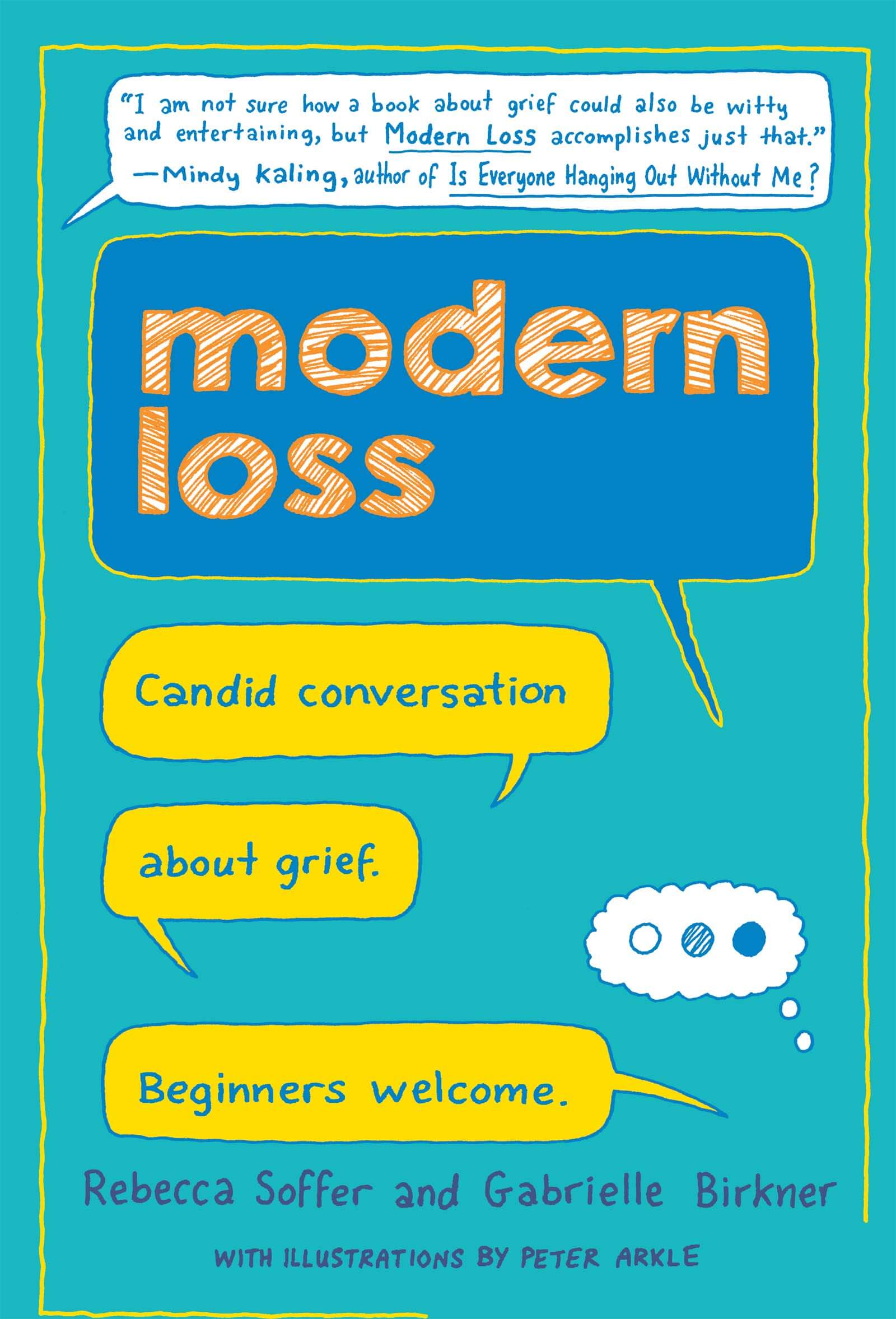
Modern Loss: Candid Conversation About Grief by Rebecca Soffer
The death of a parent can throw a teenager into a disrupted and potentially isolated life because it is so far from the norm of most of his and her peers; this means it’s super important for the teen to feel connected to a community that is dealing with the same circumstances and emotions. This relatable irreverent book of personal essays written by young adults covers several grief and loss topics, pulling no punches. It touches on dealing with grief and redefining mourning in the age of social media, changing the dialogue around the messy experience of grief, with gorgeous illustrations and funny anecdotes. Accompanied by beautiful hand-drawn illustrations and witty “how to” cartoons, each contribution provides a unique perspective on loss as well as a remarkable life-affirming message.
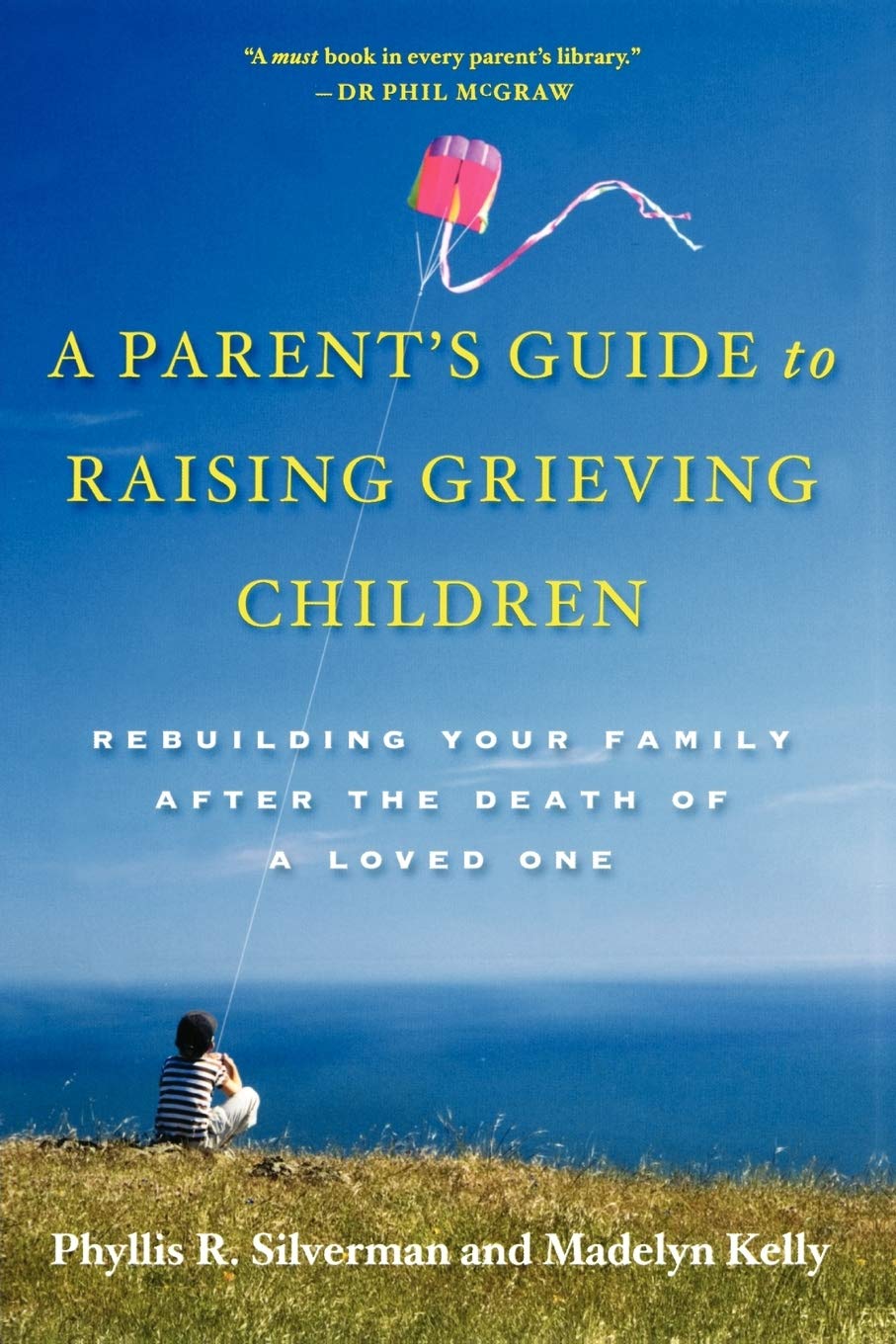
A Parent’s Guide to Raising Grieving Children by Phyllis R. Silverman and Madelyn Kelly
Parenting a grief-stricken child — especially when a parent is also mourning — can be new territory for a lot of adults. By weaving her own story of loss with the stories of dozens of young people and their parents, the authors offer wise guidance geared toward all age groups on virtually every aspect of childhood loss, from living with someone who’s dying to preparing the funeral; from explaining death to a two year old to managing the moods of a grieving teenager; from dealing with people who don’t understand to learning how and where to get help from friends, therapists, and bereavement groups; from developing a new sense of self to continuing a relationship with the person who died. Throughout, the authors advocate an open, honest approach, suggesting that our
instinctive desire to “protect” children from the reality of death may be more harmful than helpful.
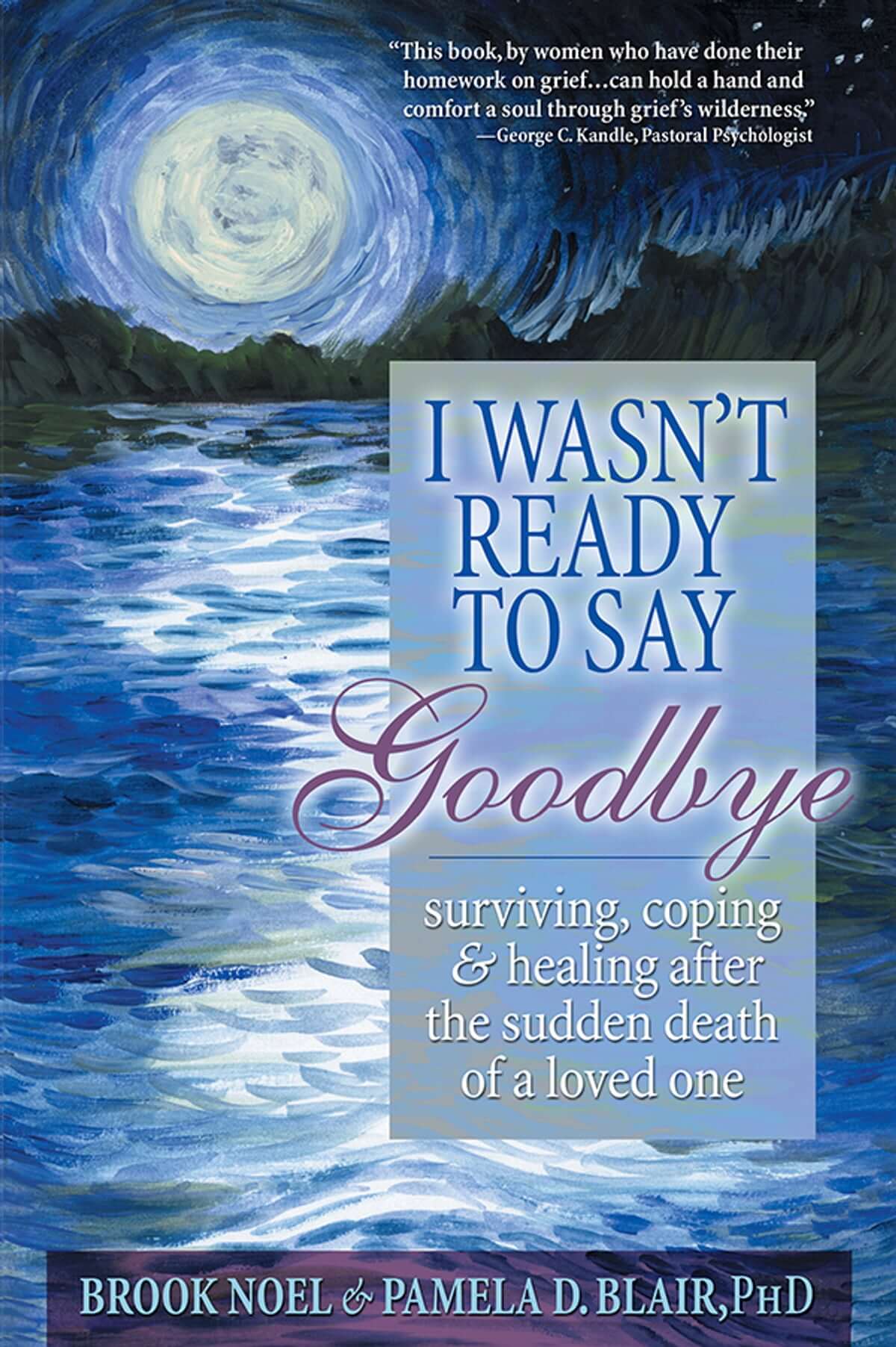
I Wasn’t Ready to Say Goodbye by Brooke Noel and Pamela D. Blair, PhD
Whether you’re helping someone through their grief, ranging from adults to children, or grieving the sudden loss of a loved one (or a pet), this book offers compassion and comfort from the first few weeks to the long-term emotional and physical effects. It also covers navigating difficult days like holidays, anniversaries and birthdays, and then reveals some of the myths of the grieving process and what really happens as you navigate through the pain. In addition, the I Wasn’t Ready to Say Goodbye Companion Workbook offers a combination of self-exploration questions, visualization activities, and journaling to help readers through the grieving process.
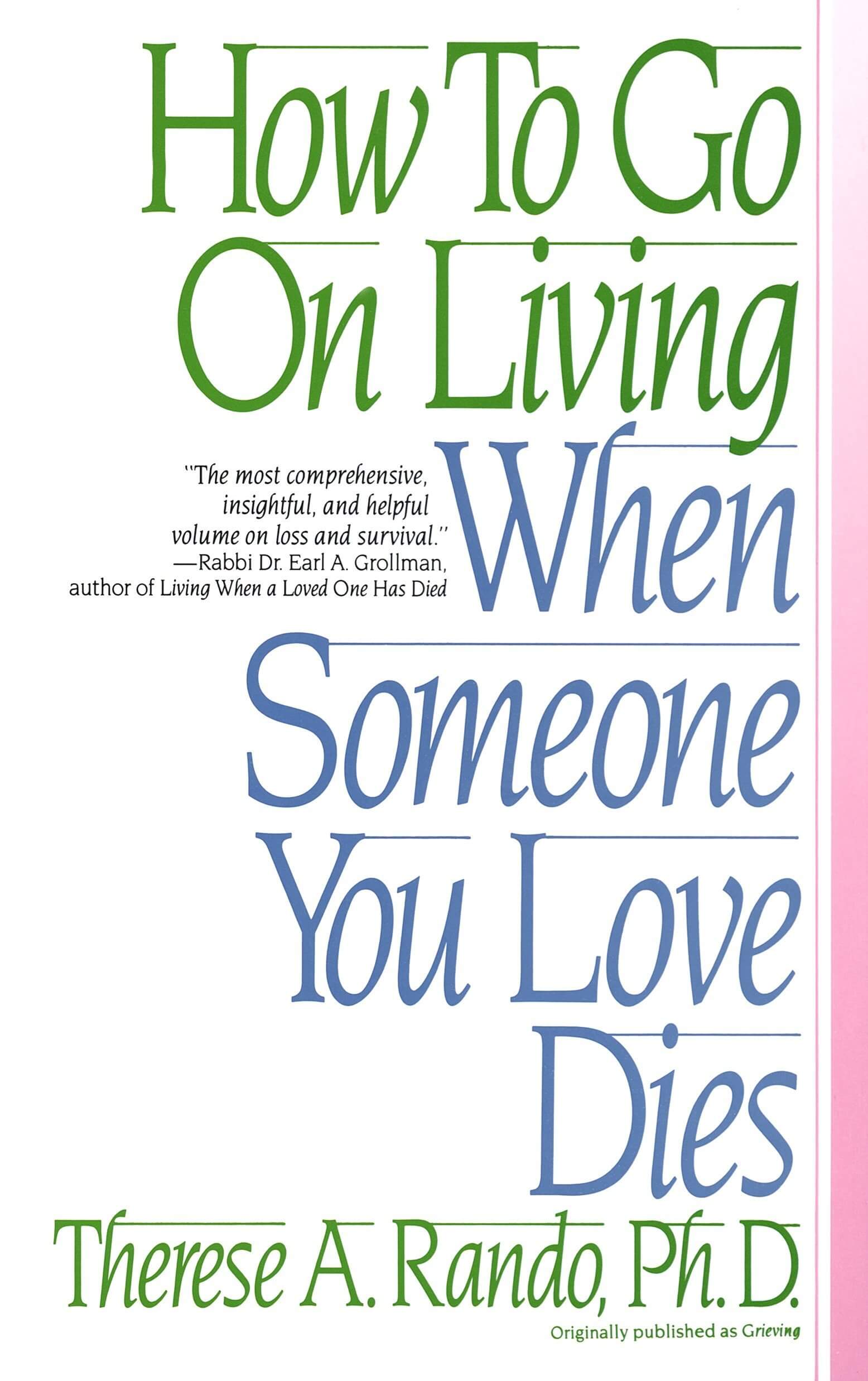
How To Go On Living When Someone You Love Dies by Therese A Rando
Written by Dr. Therese Rando, a pioneer in the field of grief counseling and bereavement specialist, this guide walks readers through essential and often overlooked aspects of the process while remaining inclusive of all types of losses. It not only covers understanding and resolving your grief, but advice on how to talk to children about death, resolving unfinished business, taking care of yourself, accepting support from others, and planning funerals. An added bonus is a chapter about finding professional help and support groups. It offers solace and comfort for you to accept your loss and move into your new life without forgetting your treasured past.
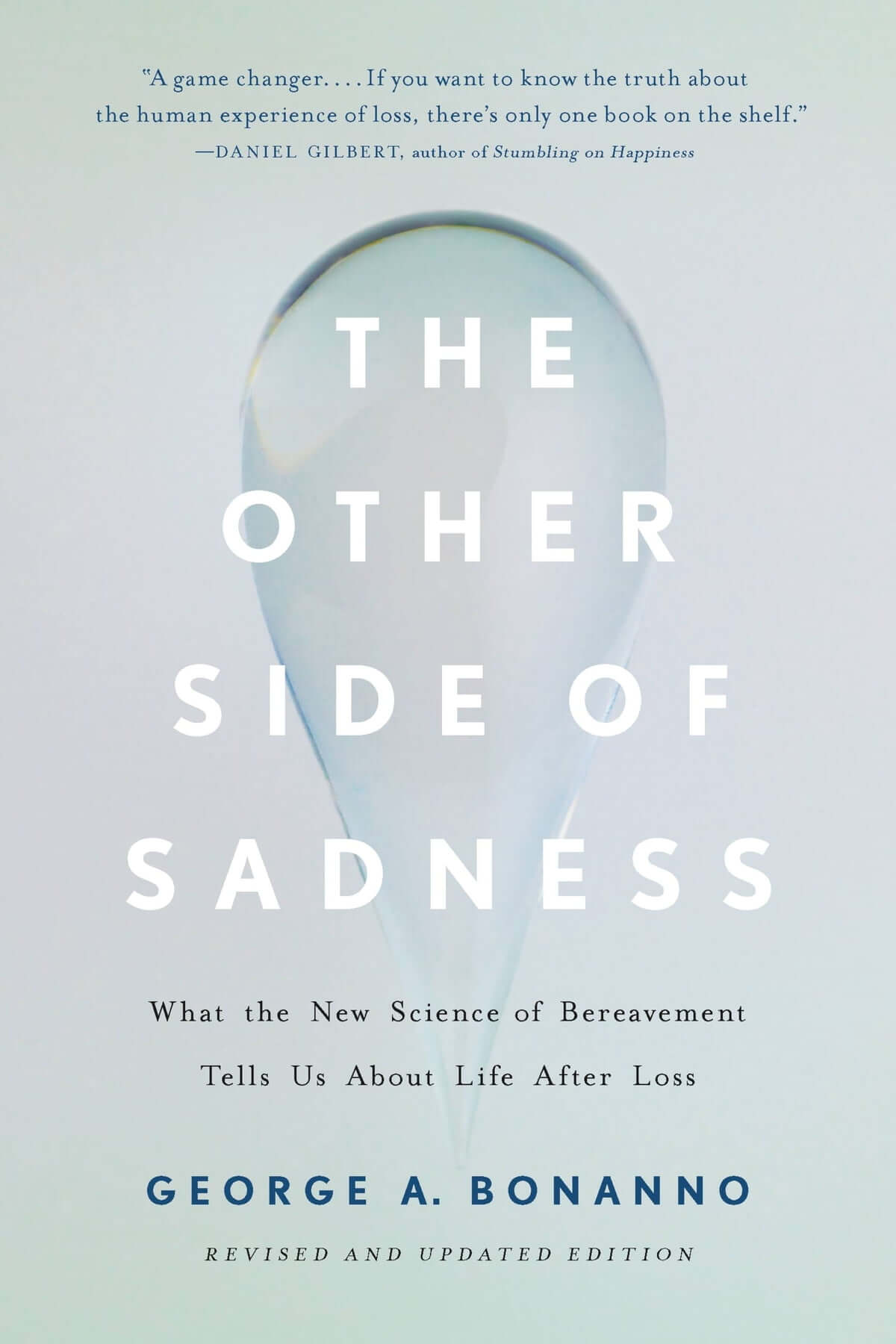
The Other Side of Sadness by George A. Bonanno
In this book, renowned psychologist George A. Bonanno provides a new outlook on grief and proves that mourning is not a predictable process. The five stages of grief are well known but do not always apply to everyone in mourning. Bonanno argues that our innate emotions – like anger and denial, joy and relief – help us cope with loss, and that expecting the bereaved to behave in one specific way is not an accurate portrayal of grief. There is another side to the sadness, and it can lead to deeper interpersonal connections, a sense of meaning, and powerful resilience.
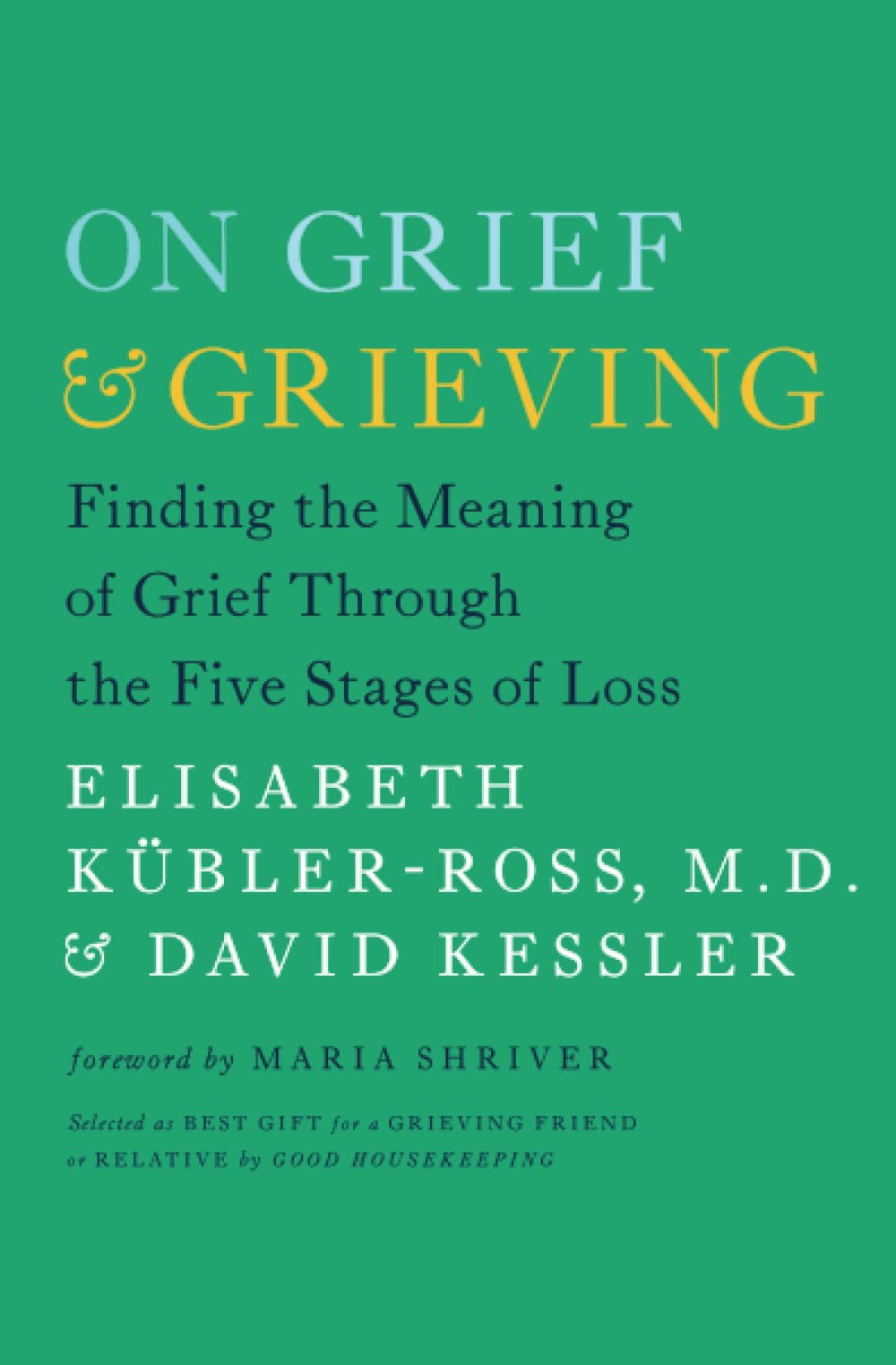
On Grief and Grieving by Elisabeth Kubler-Ross and David Kessler
Elisabeth Kubler-Ross’s On Death and Dying was an incredibly important psychological study that brought hope to many people impacted by death. On Grief and Grieving now explores what comes after. This book applies the five stages of death to the grieving process and discusses sadness, hauntings, dreams, isolation, and healing. It provides inspirational and practical advice, using case studies and Kubler-Ross’s own experiences to show readers how grieving can help us live with loss.
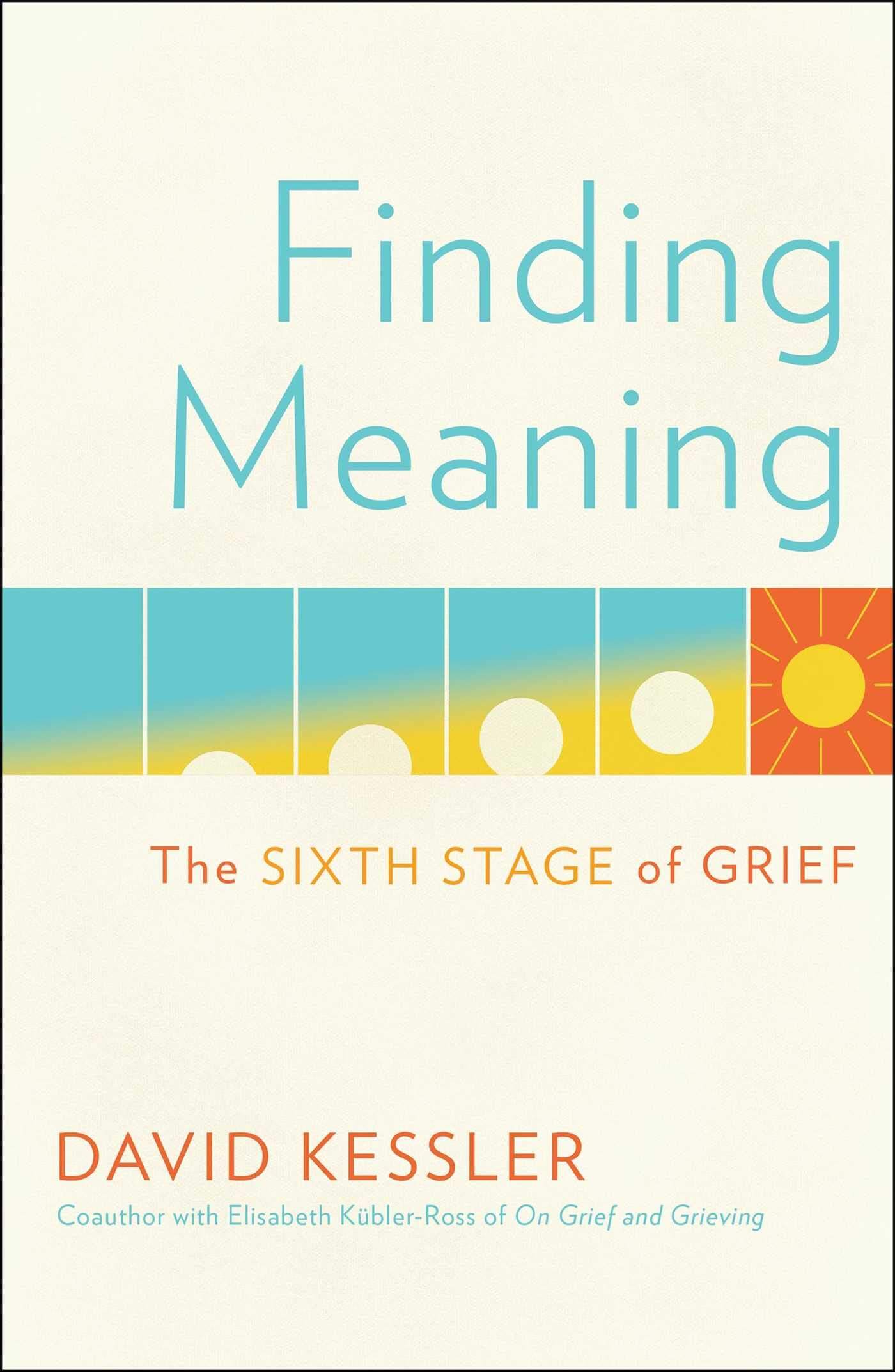
Finding Meaning by David Kessler
In this important addition to grief literature, expert David Kessler explores the grieving process beyond the five stages of denial, anger, bargaining, depression, and acceptance. Kessler introduces a sixth stage that can turn grief into something more peaceful: Finding meaning. In this work, he refers to his professional and personal experiences with grief, including how he learned to cope with the death of his twenty-one-year-old son. He demonstrates a way to remember those we have lost with love rather than pain, and a way to move forward while honoring them. This book is an inspirational guide to discovering the meaning of life (and death) after losing a loved one.
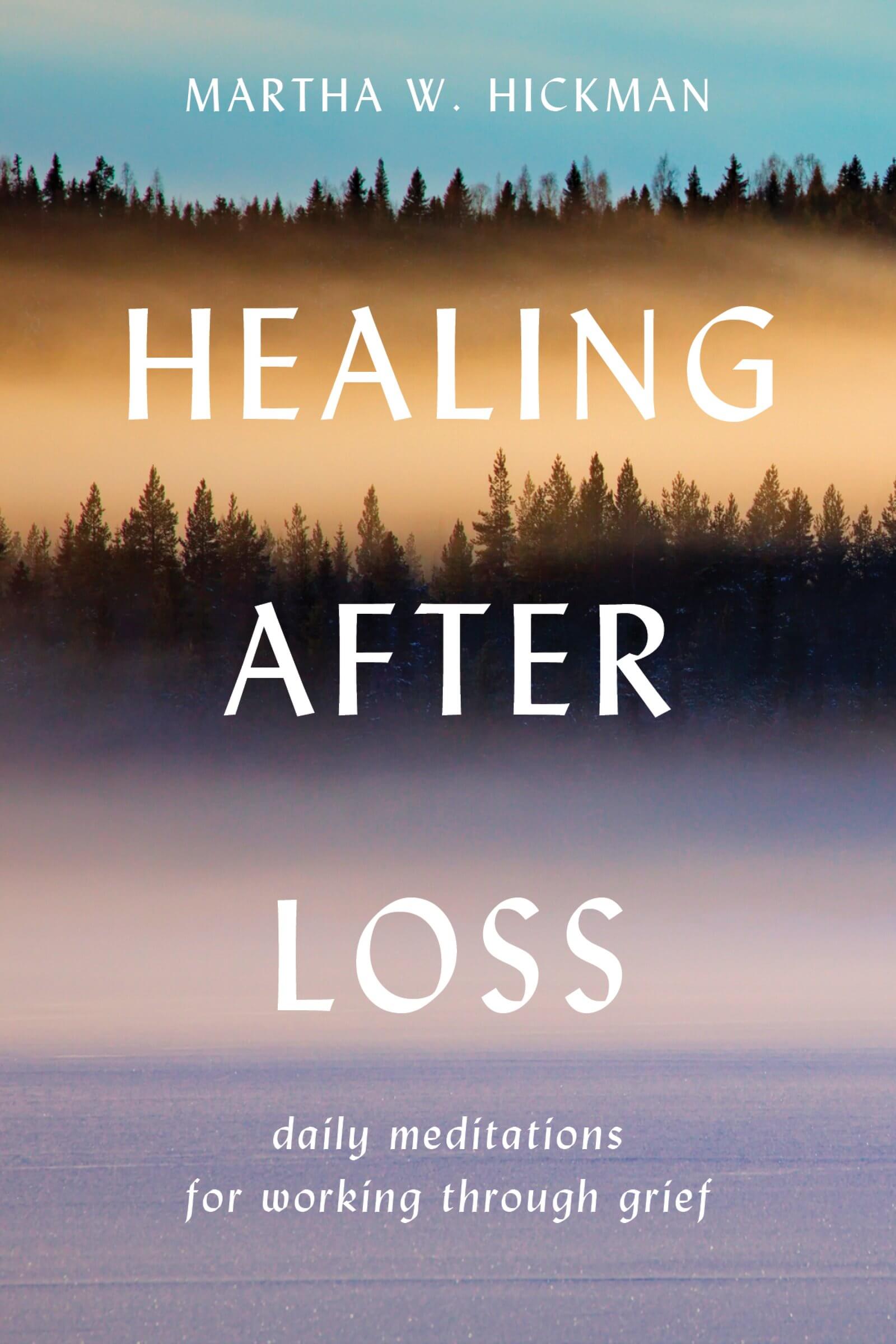
Healing After Loss by Martha Whitmore Hickman
Healing After Loss is a collection of daily meditations to help anyone experiencing the loss of a loved one. It shares the thoughts and experiences of several people who have lost someone important to them, and is written by someone who is very familiar with grief herself. A comforting companion, this book provides a sense of hope while teaching us how to take things day by day.
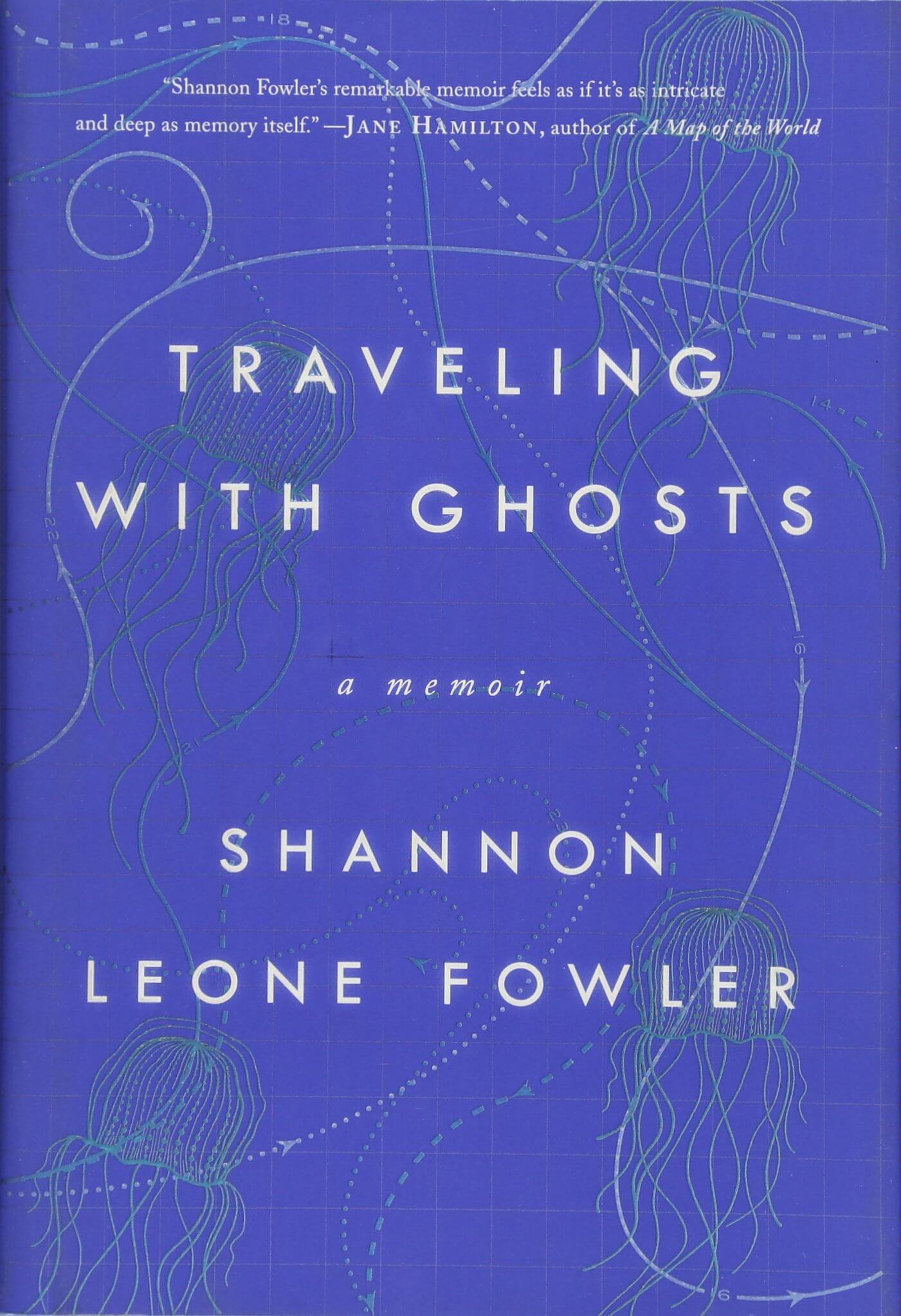
Traveling with Ghosts by Shannon Leone Fowler
In 2002, twenty-eight-year-old Shannon Fowler and her fiancé Sean were backpacking in Thailand when Sean was fatally stung by a box jellyfish. Within minutes, the love of Shannon’s life was gone and the plans she made for their future destroyed. Broken and lost, Shannon eventually decided to seek comfort in the thing that brought her and Sean together: Traveling. She visited Poland, Israel, Bosnia, Romania, and finally, Barcelona – where she and Sean met for the first time. And even though he wasn’t with her, Shannon could feel his presence in all these places. Traveling with Ghosts is a beautiful and honest memoir honoring those we have lost and the memories we carry with us.
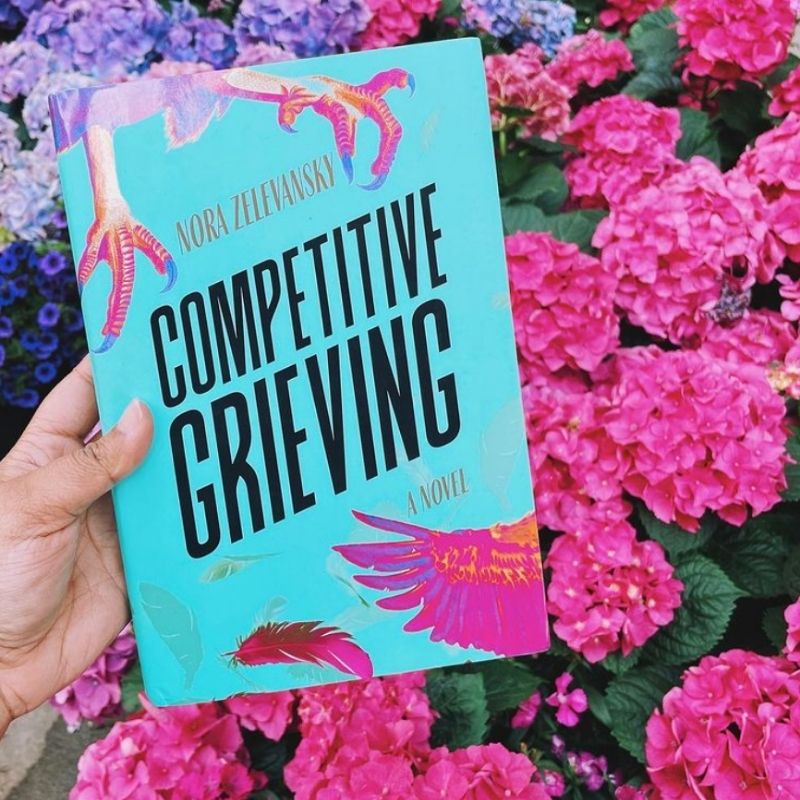
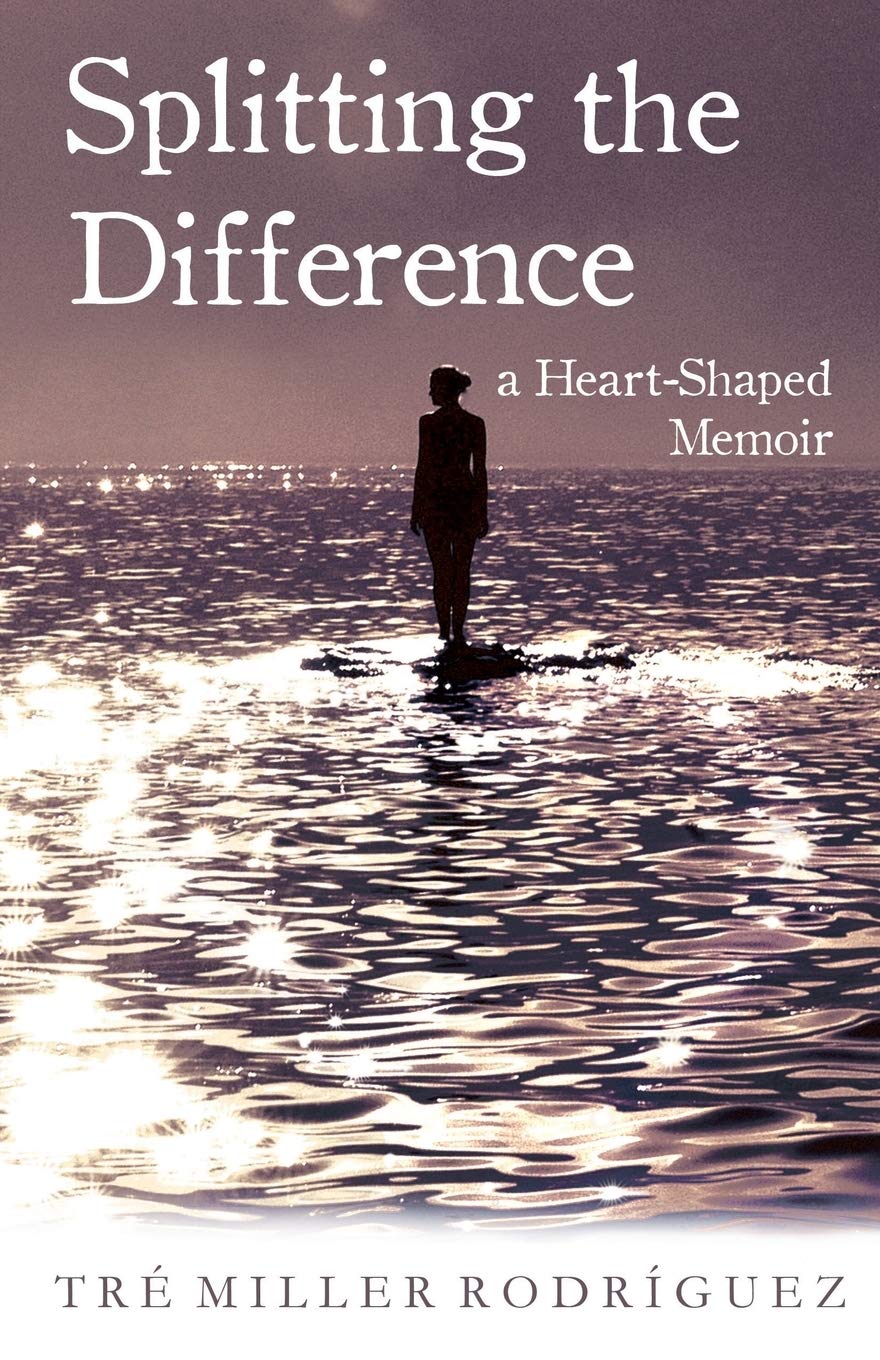
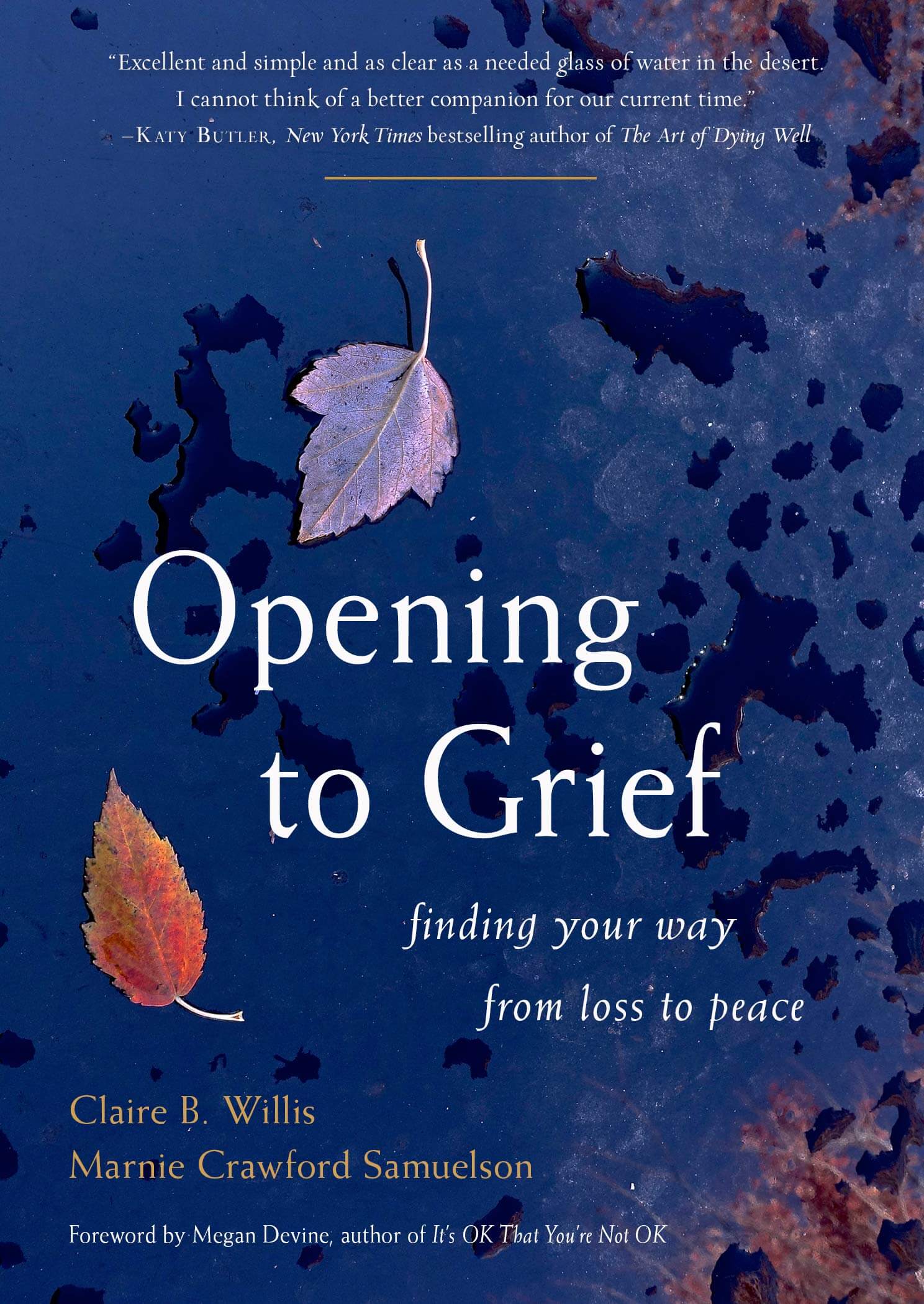
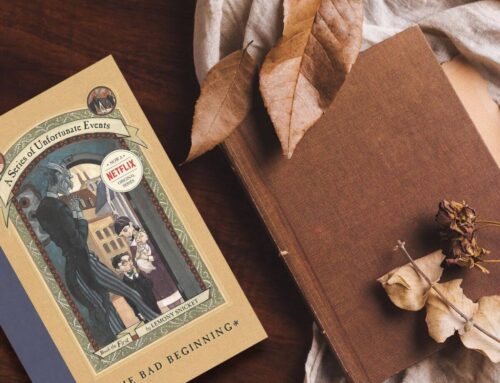
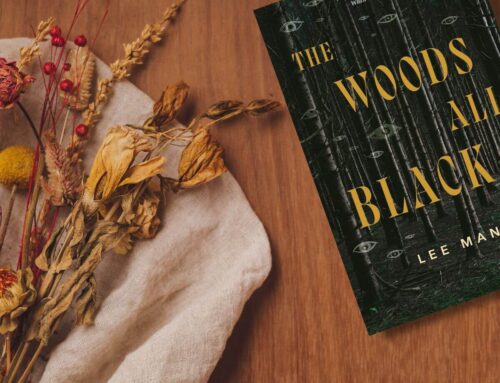
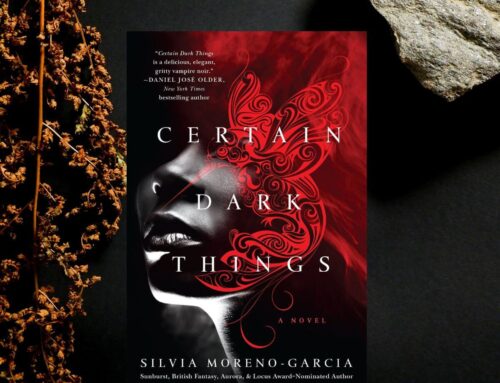
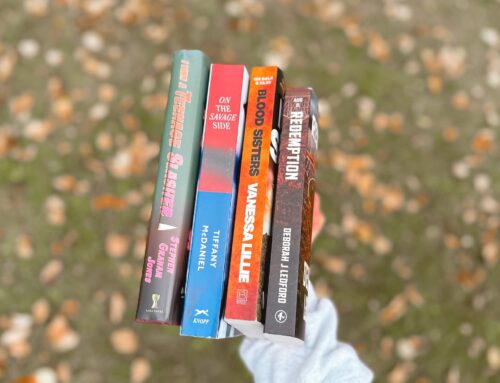
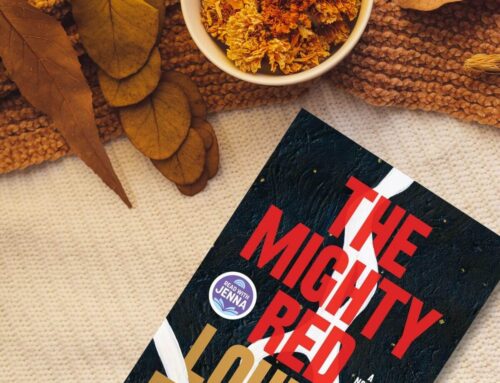
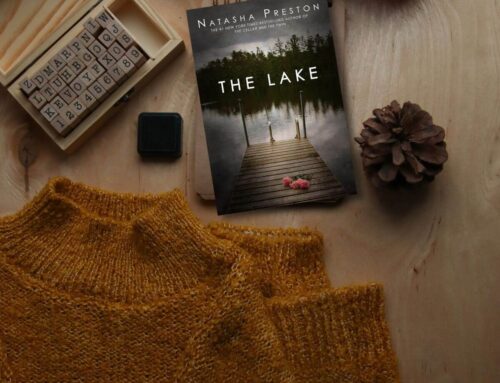
Honored to be included among so many authors who I admire. Thanks for reading “Splitting the Difference” and giving it a place on this impressive list.